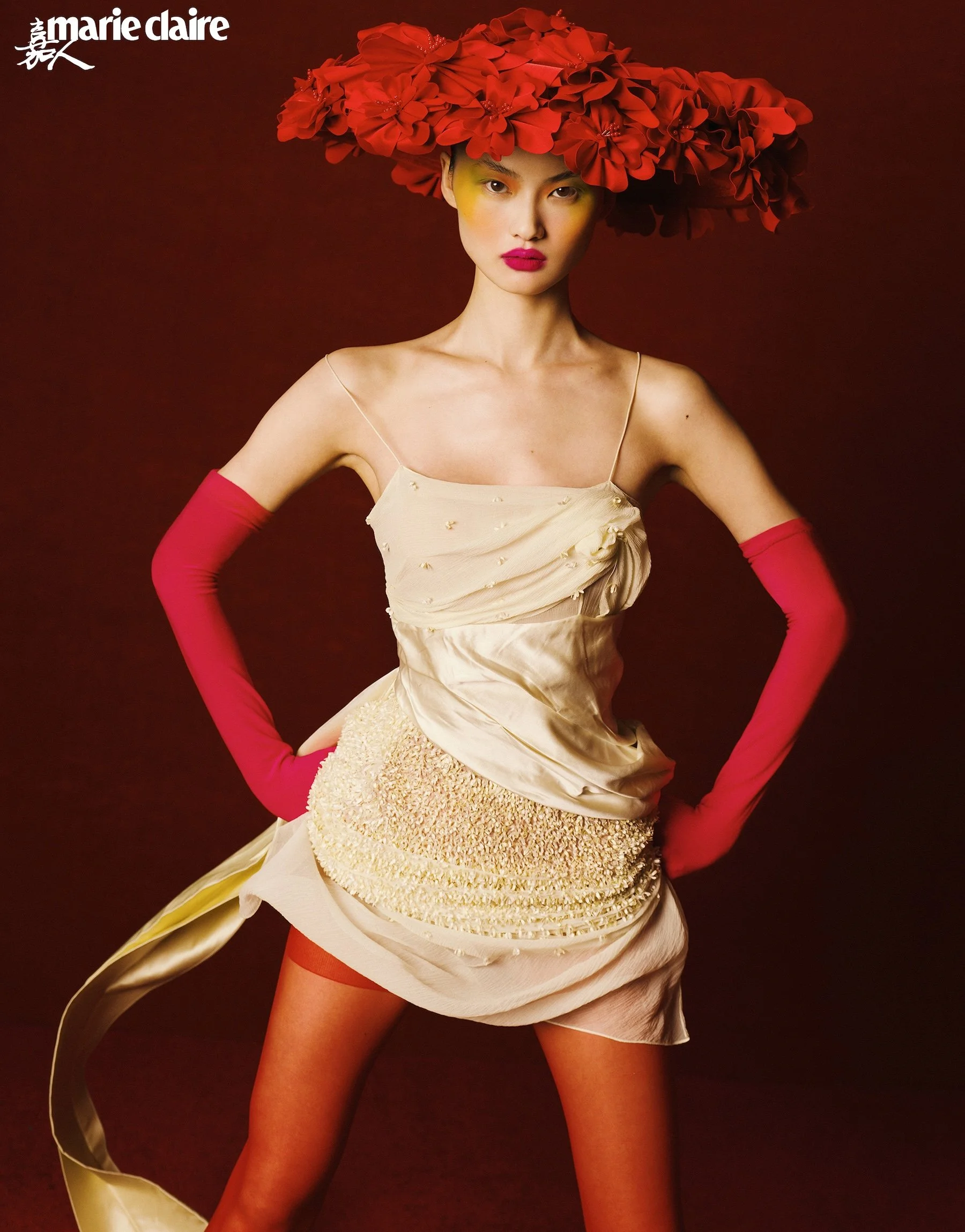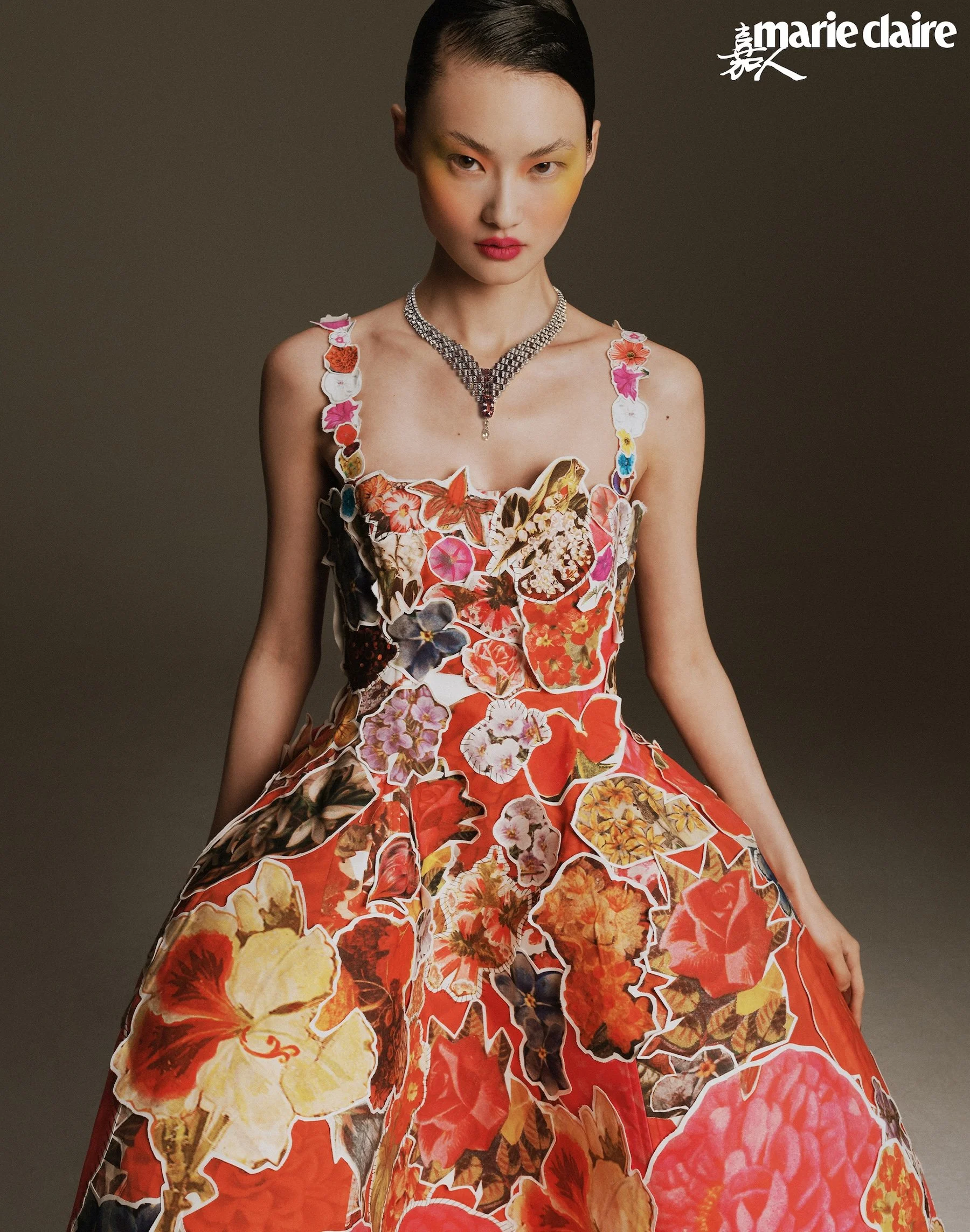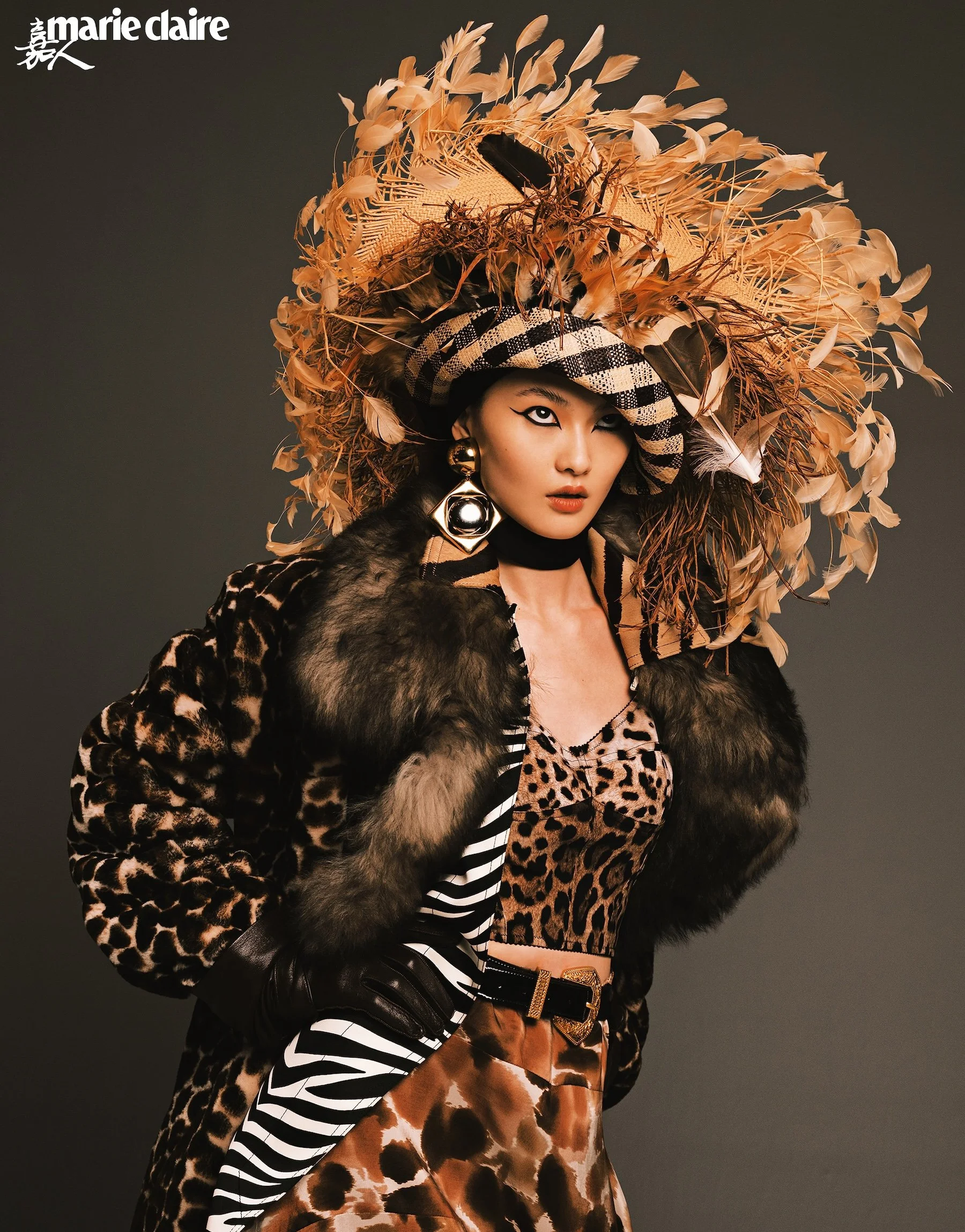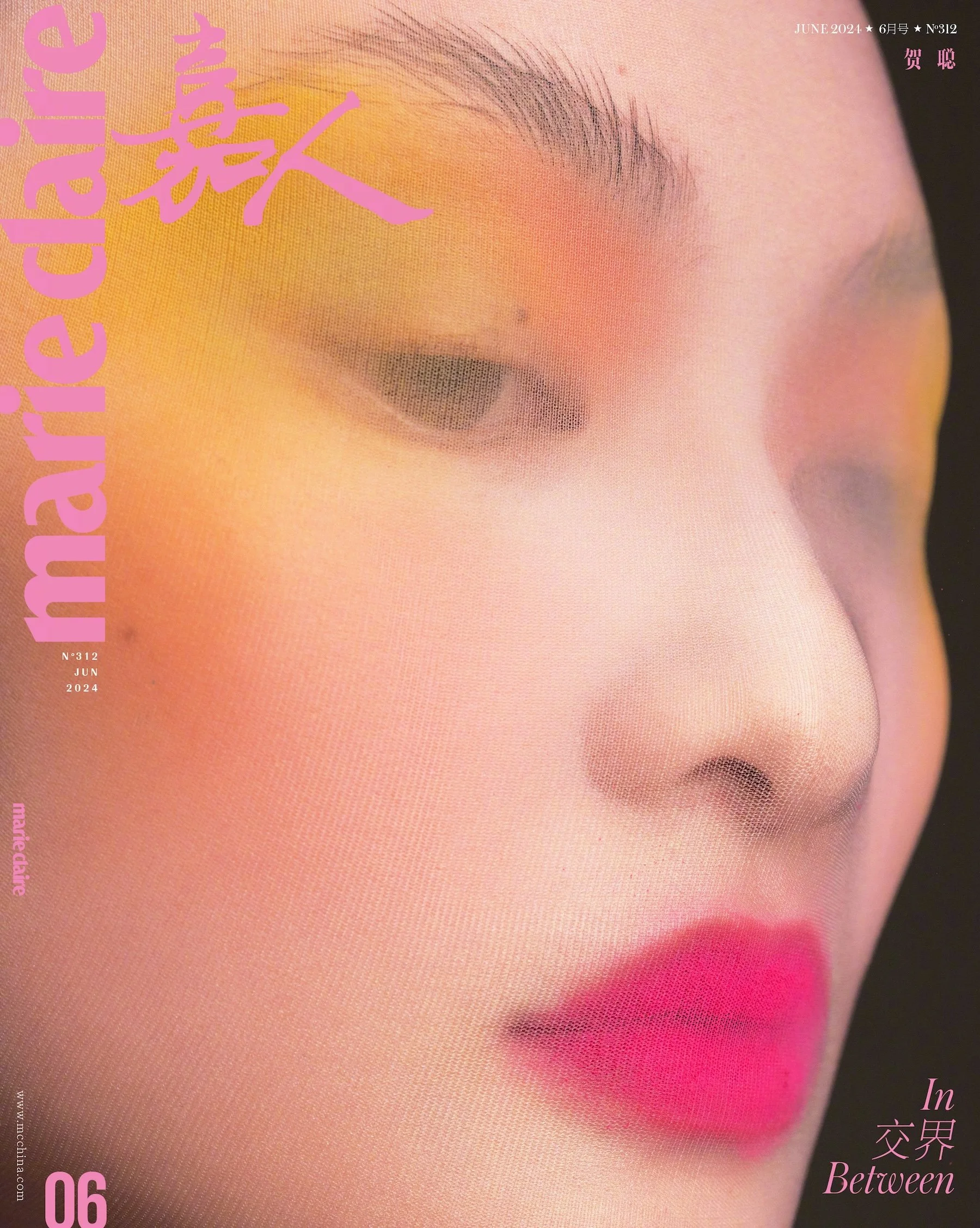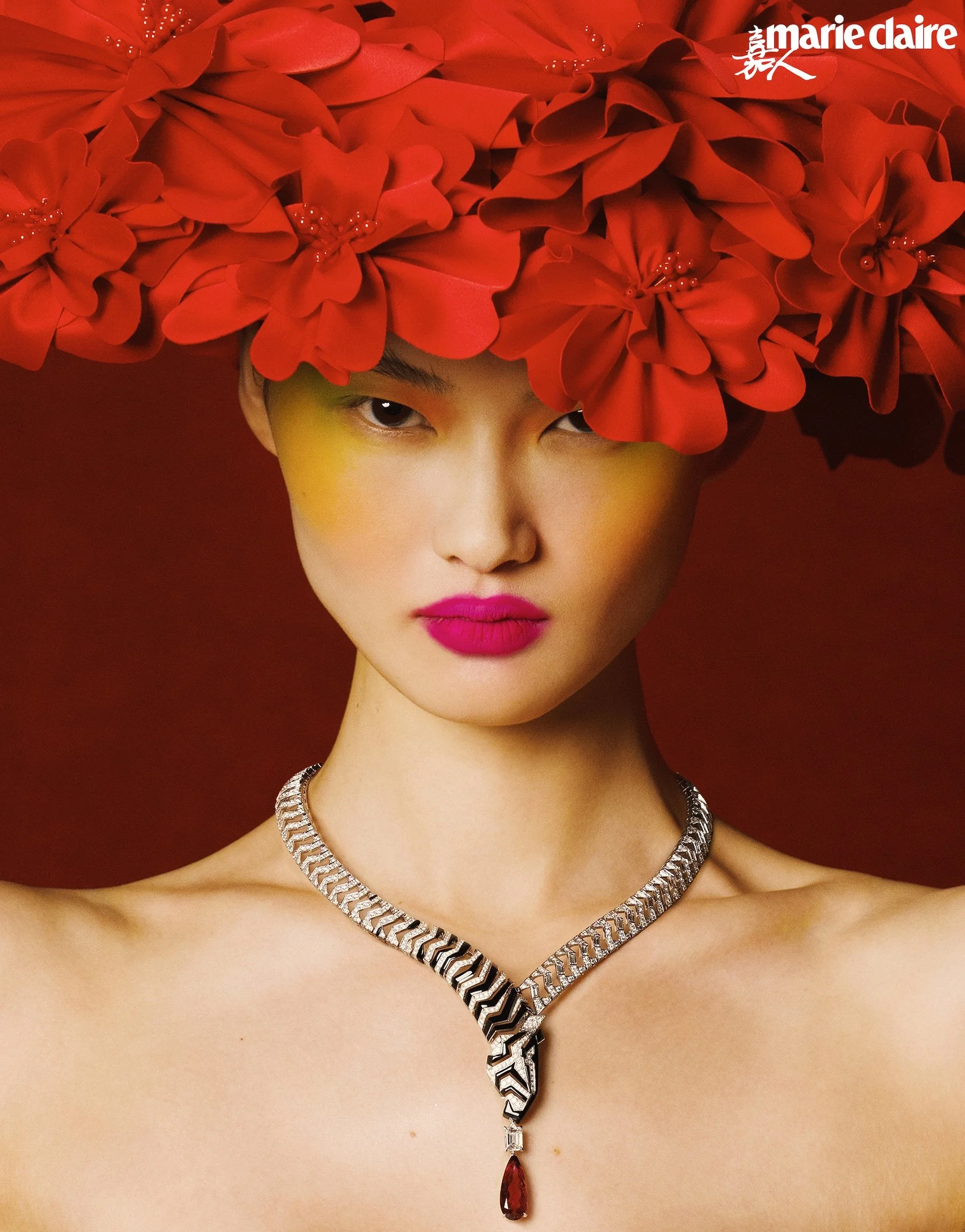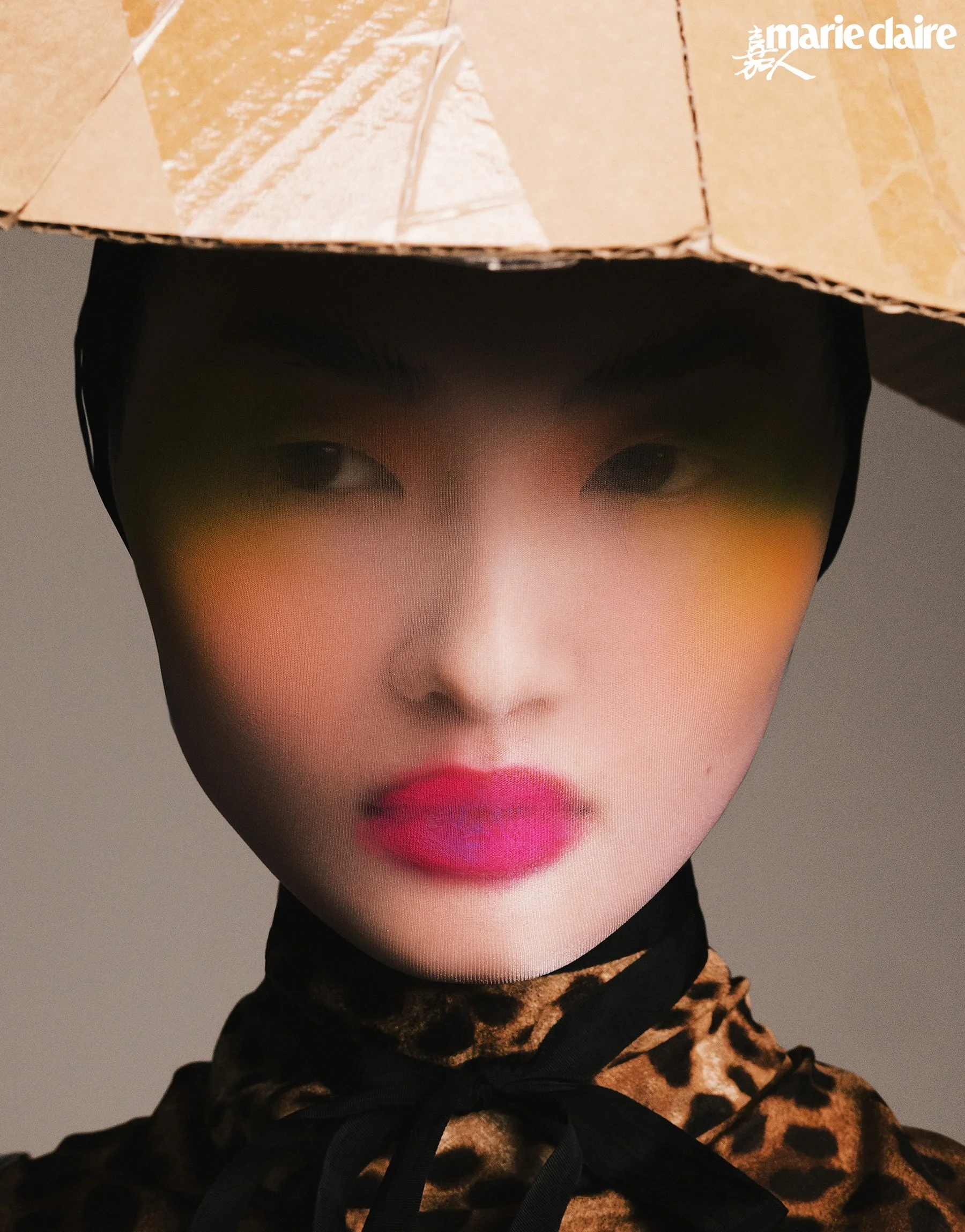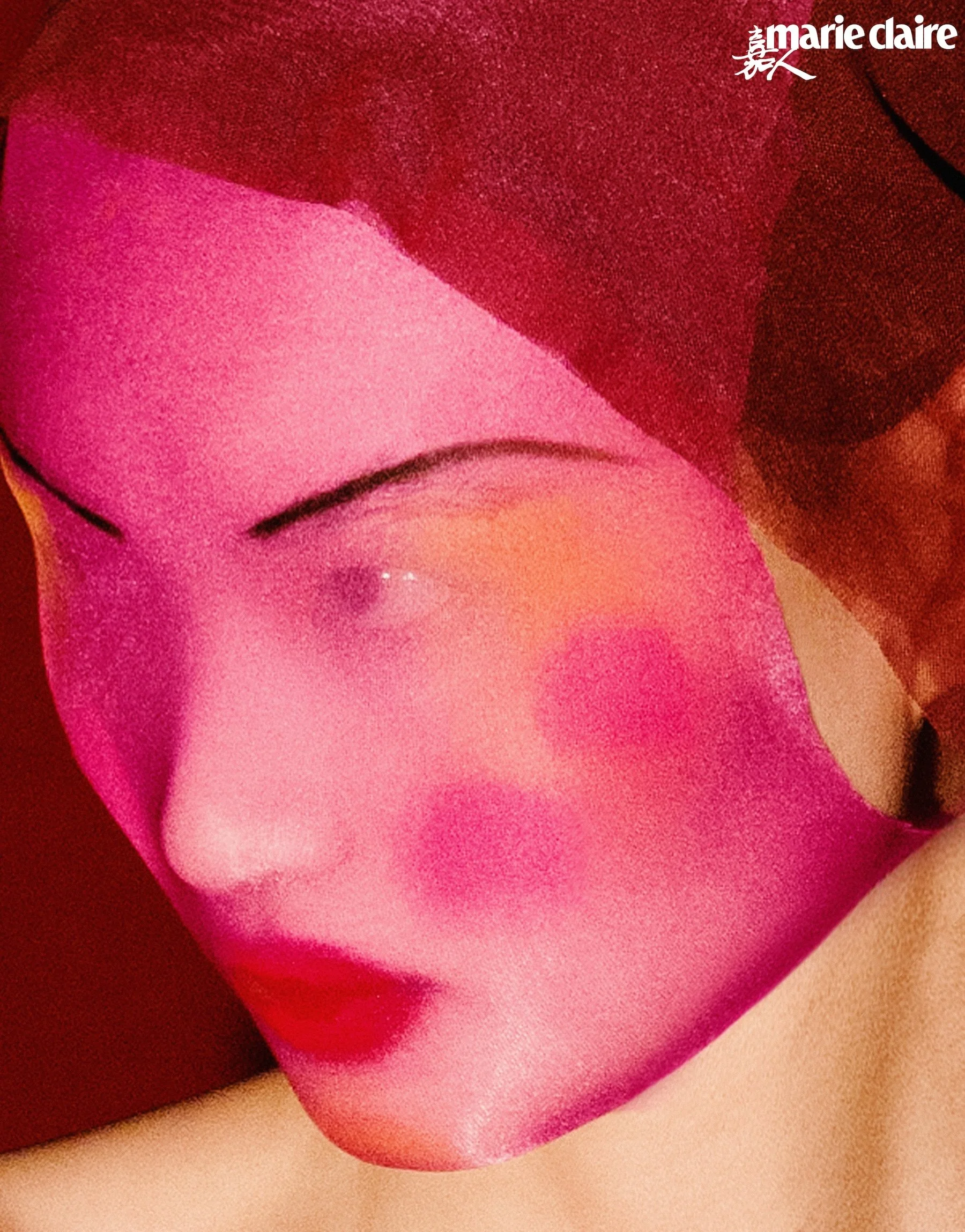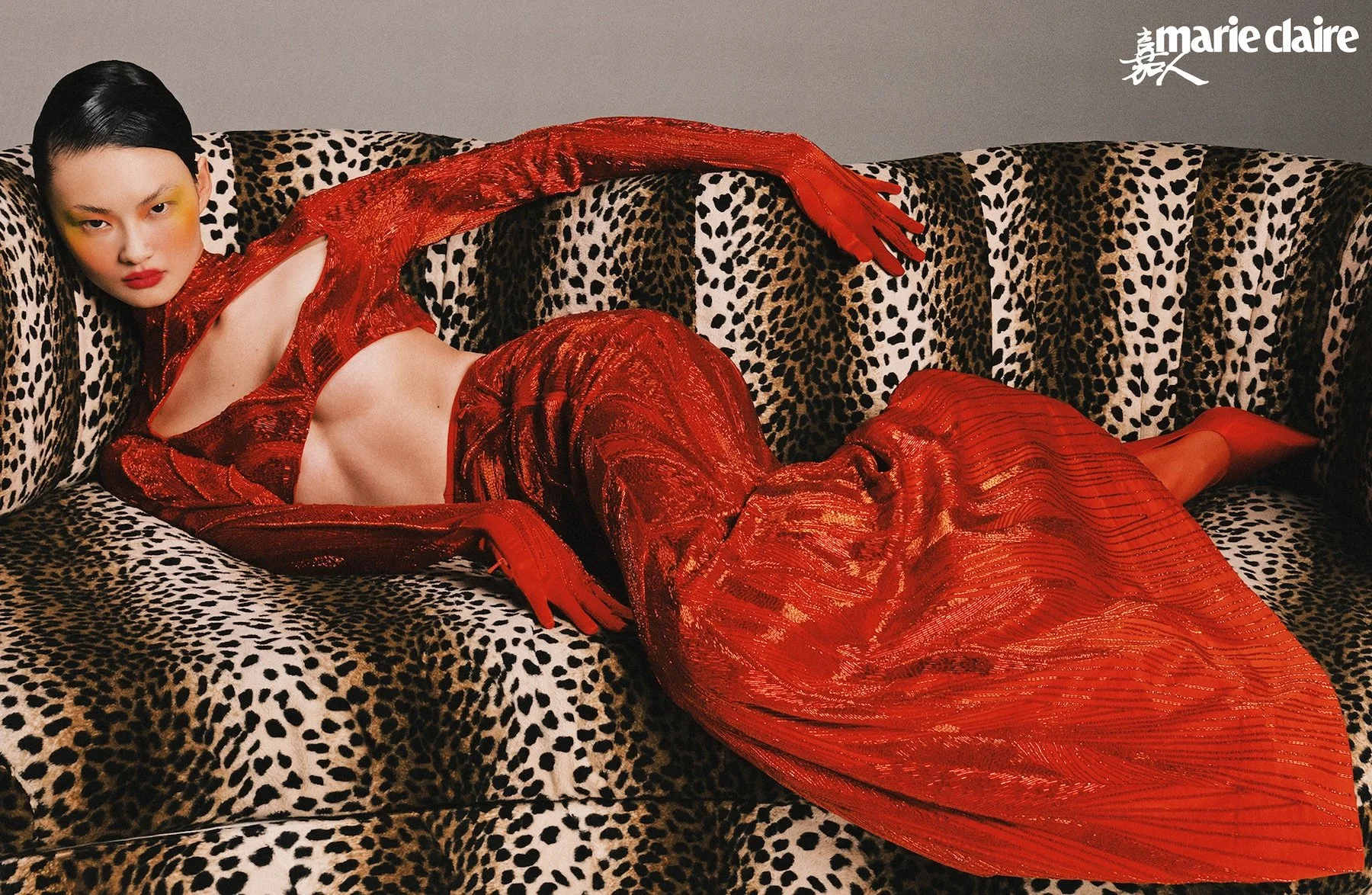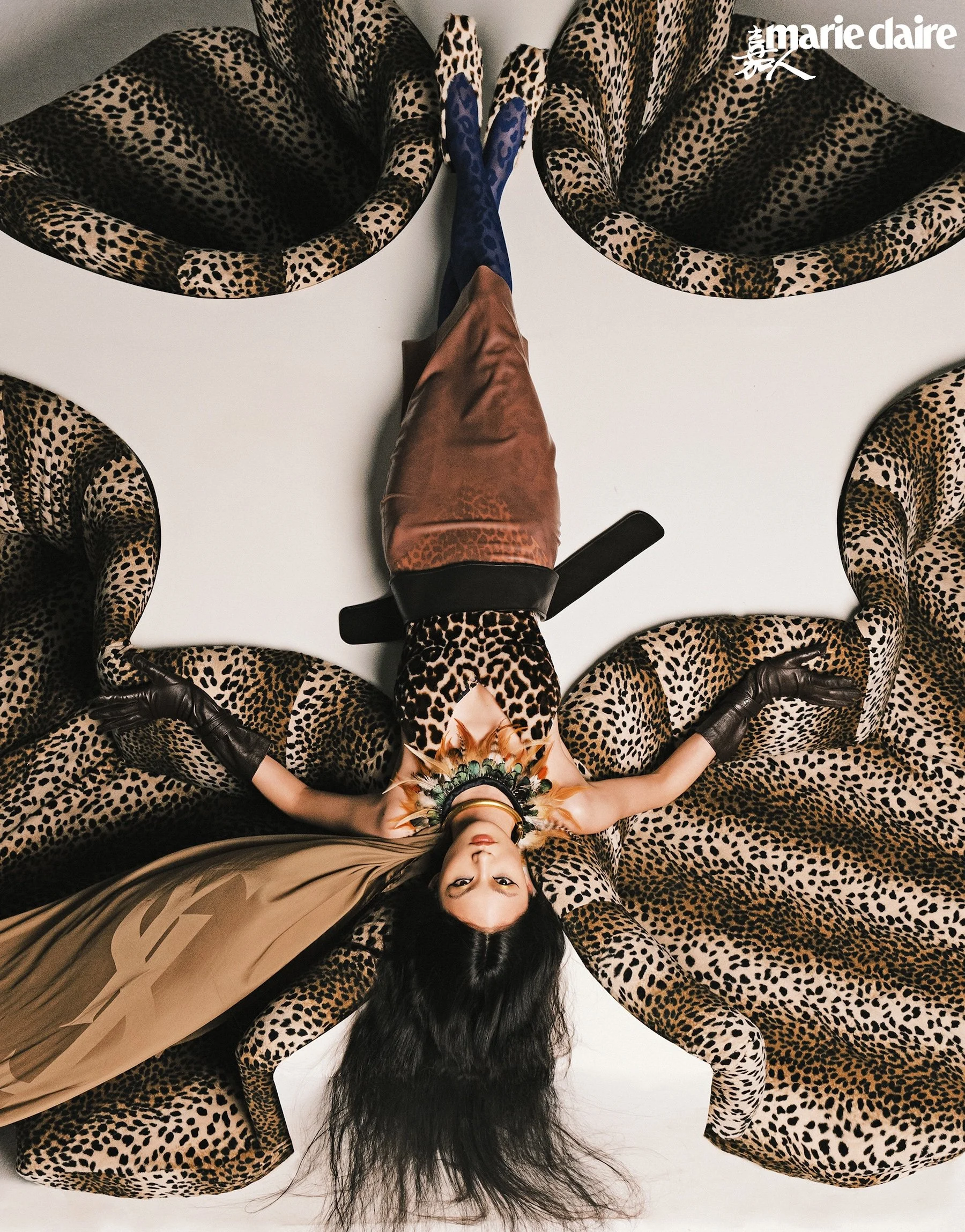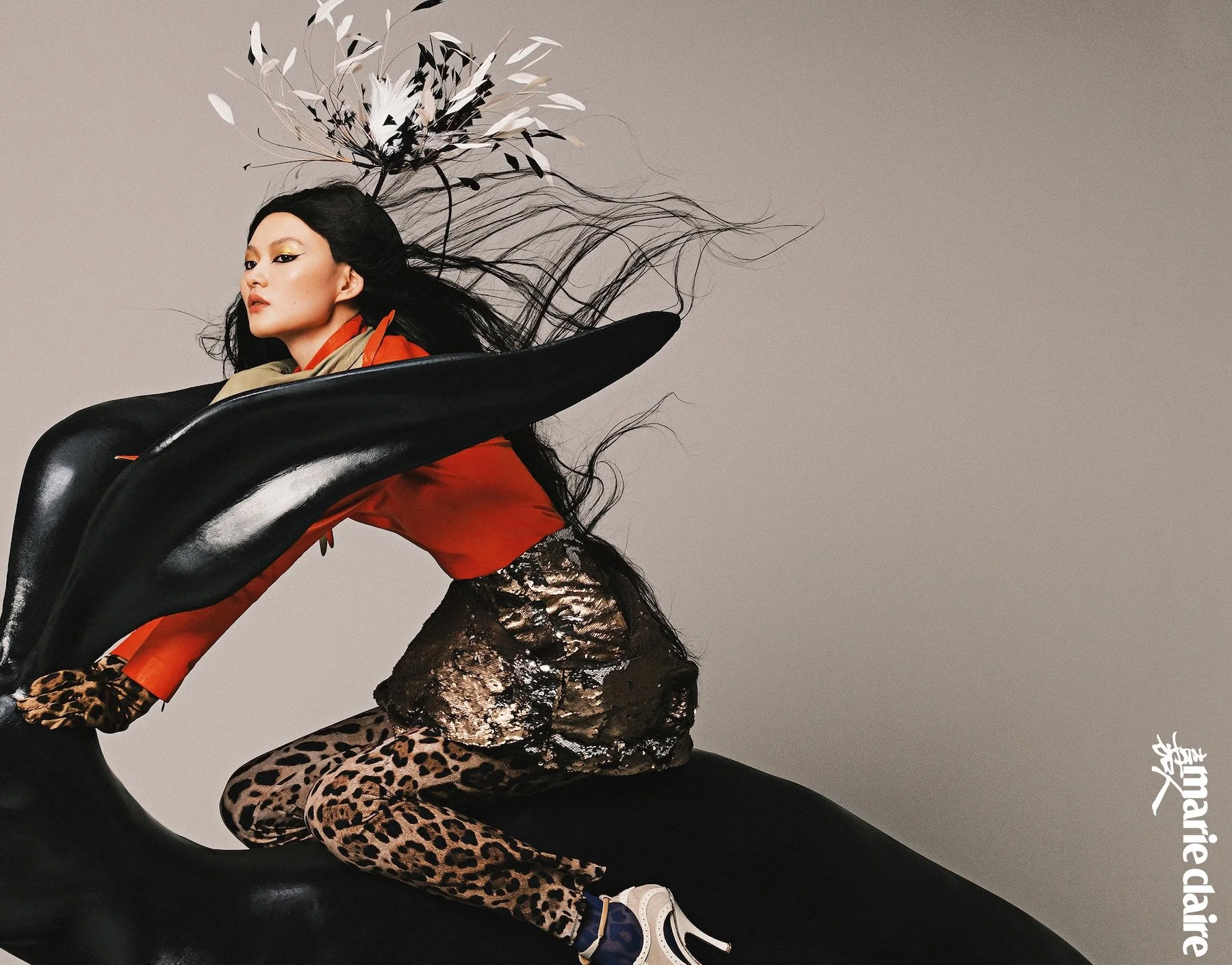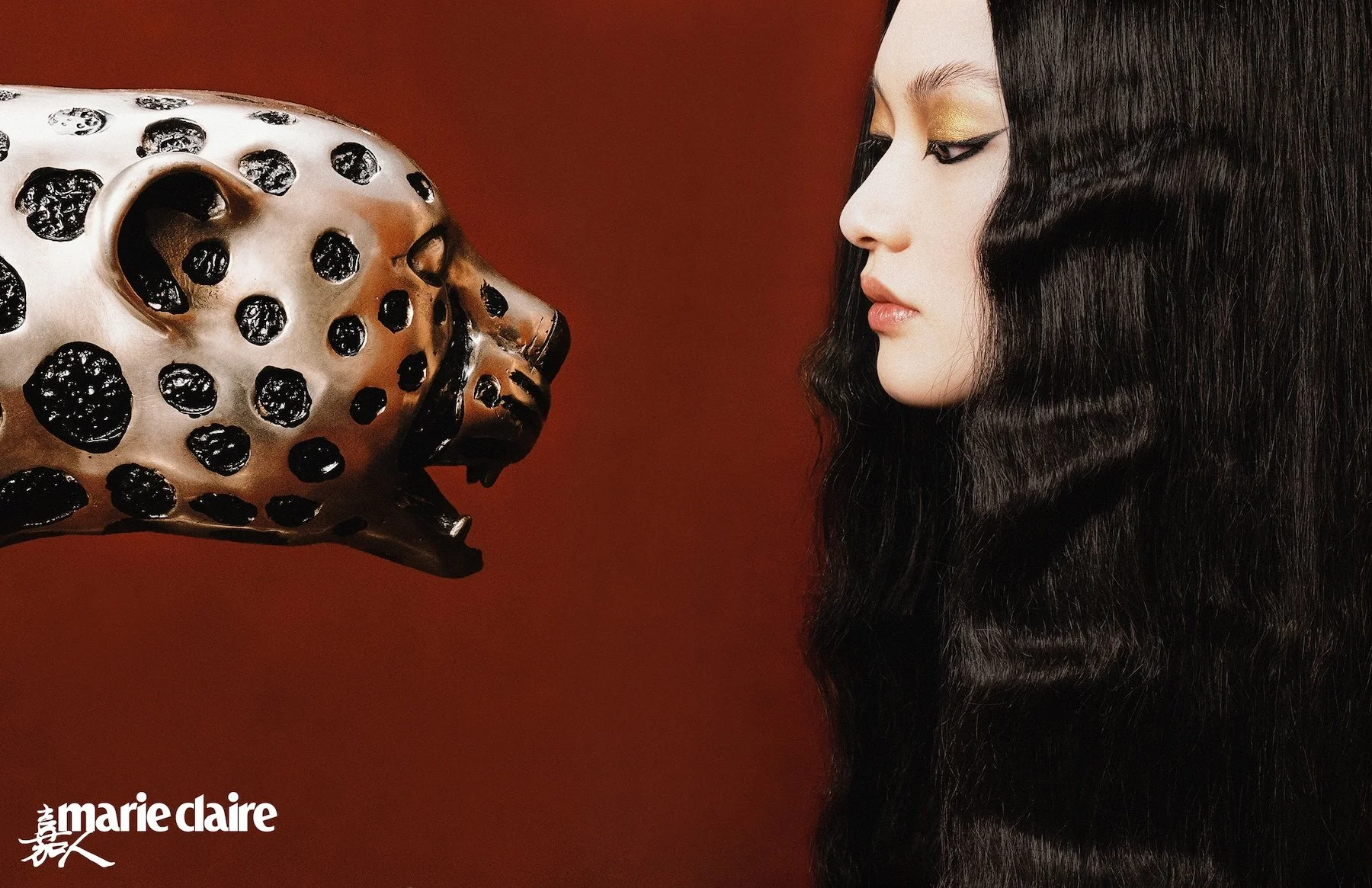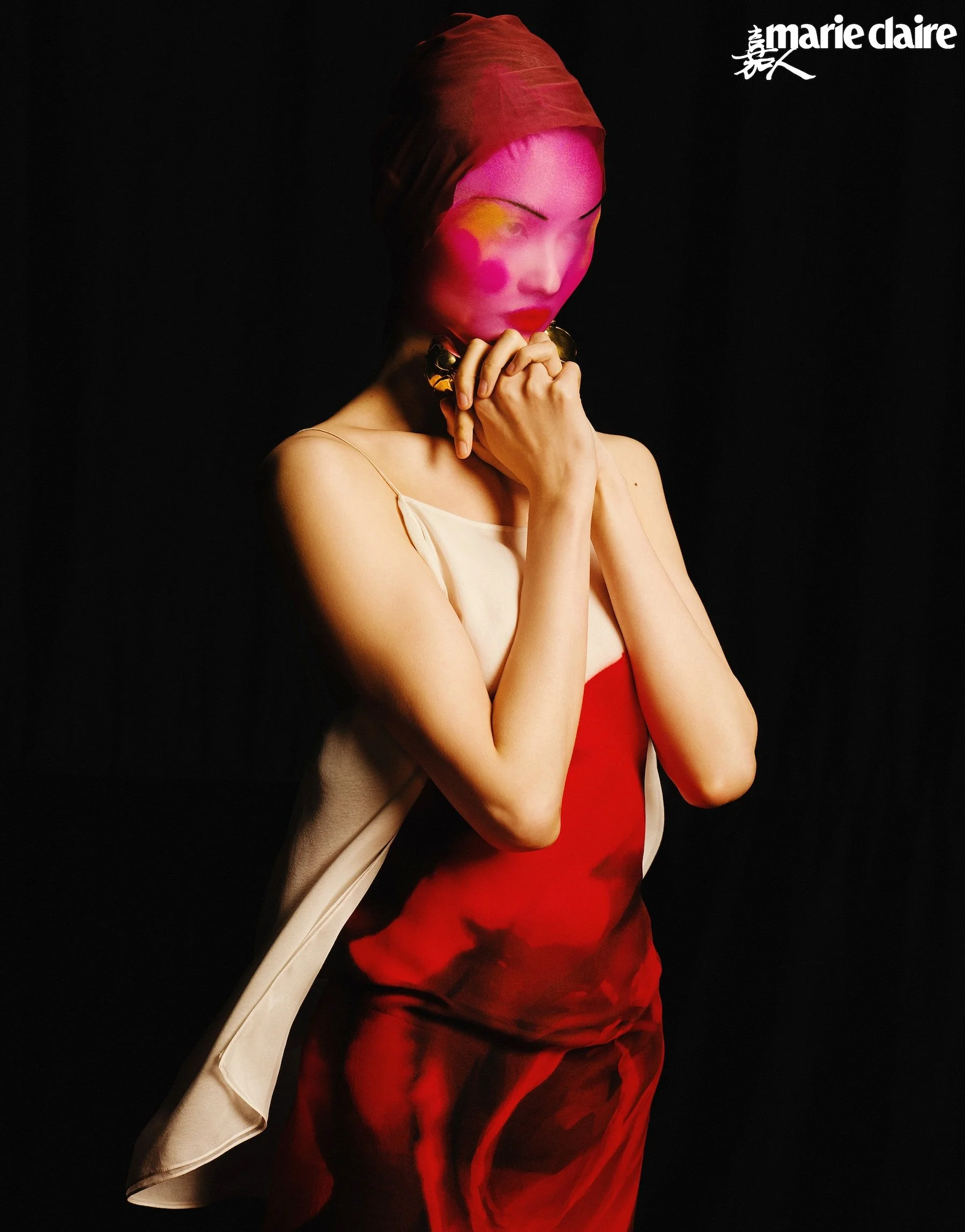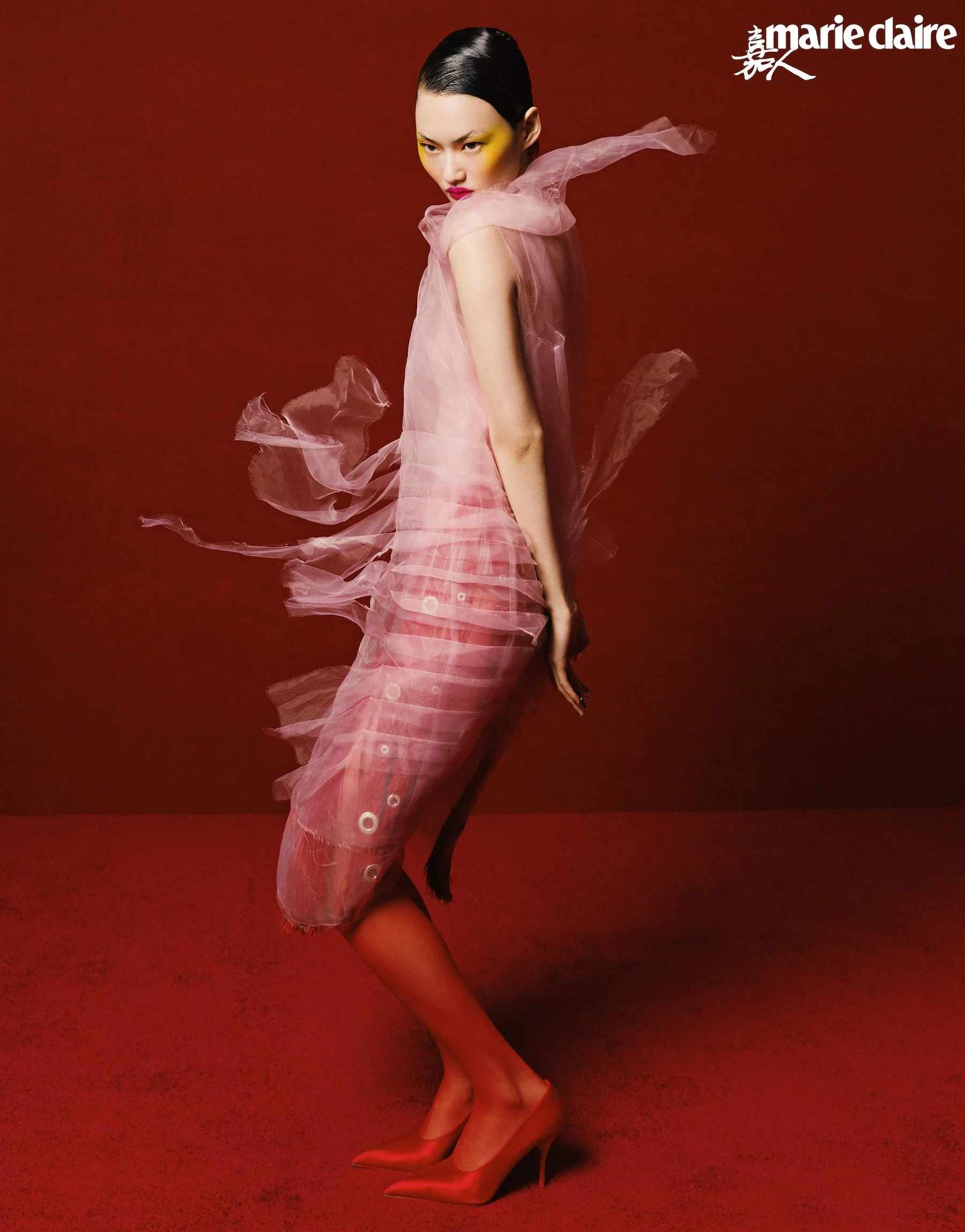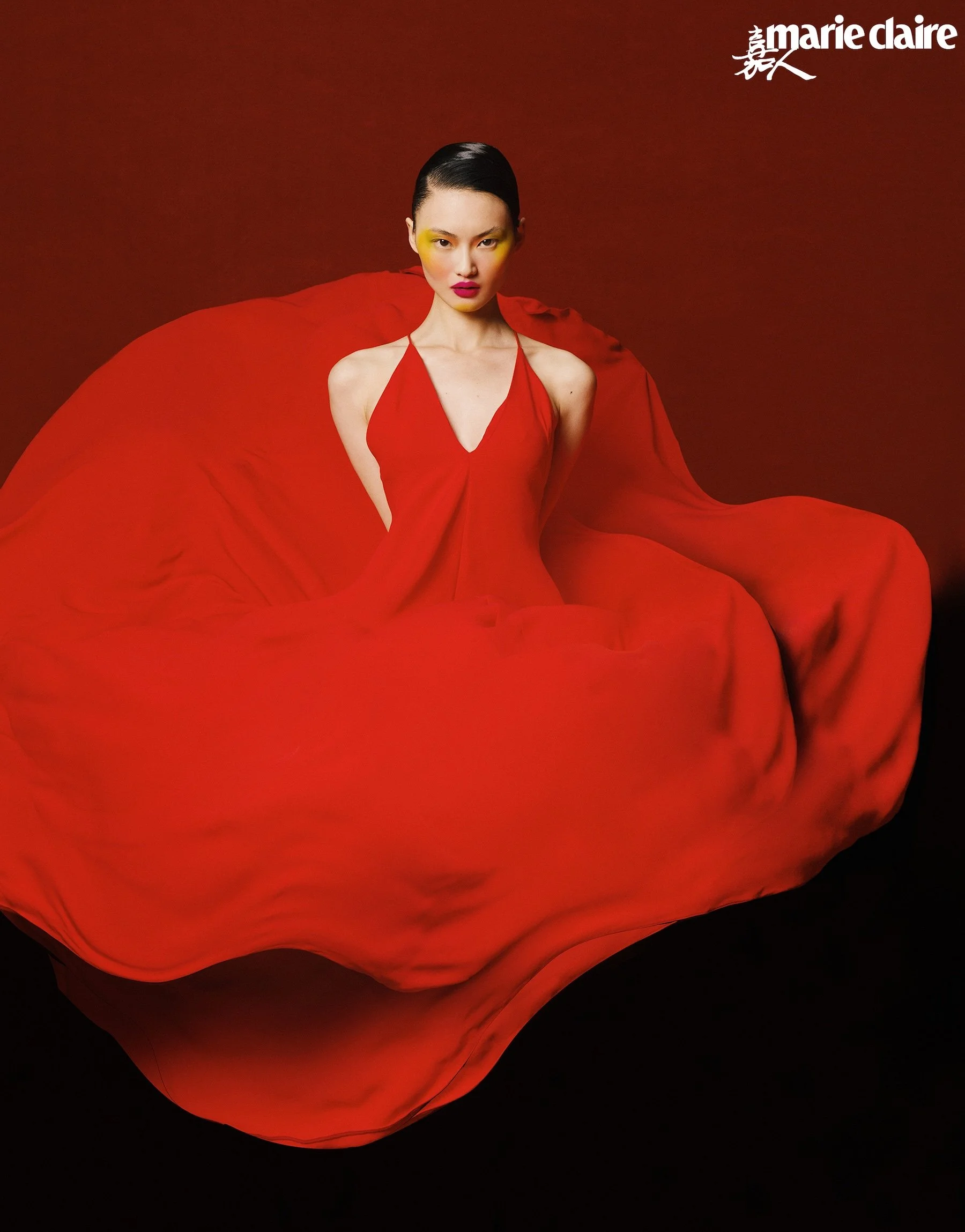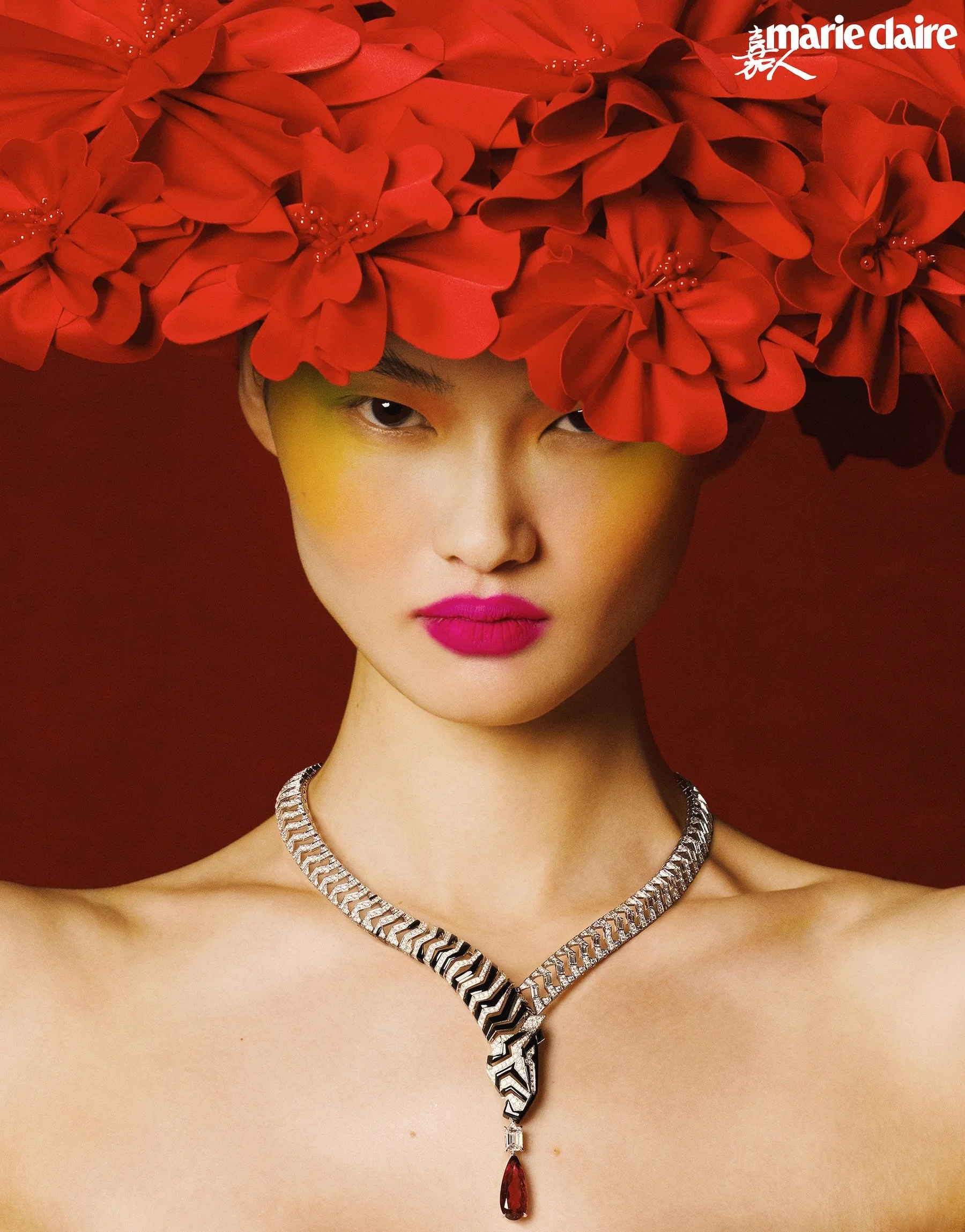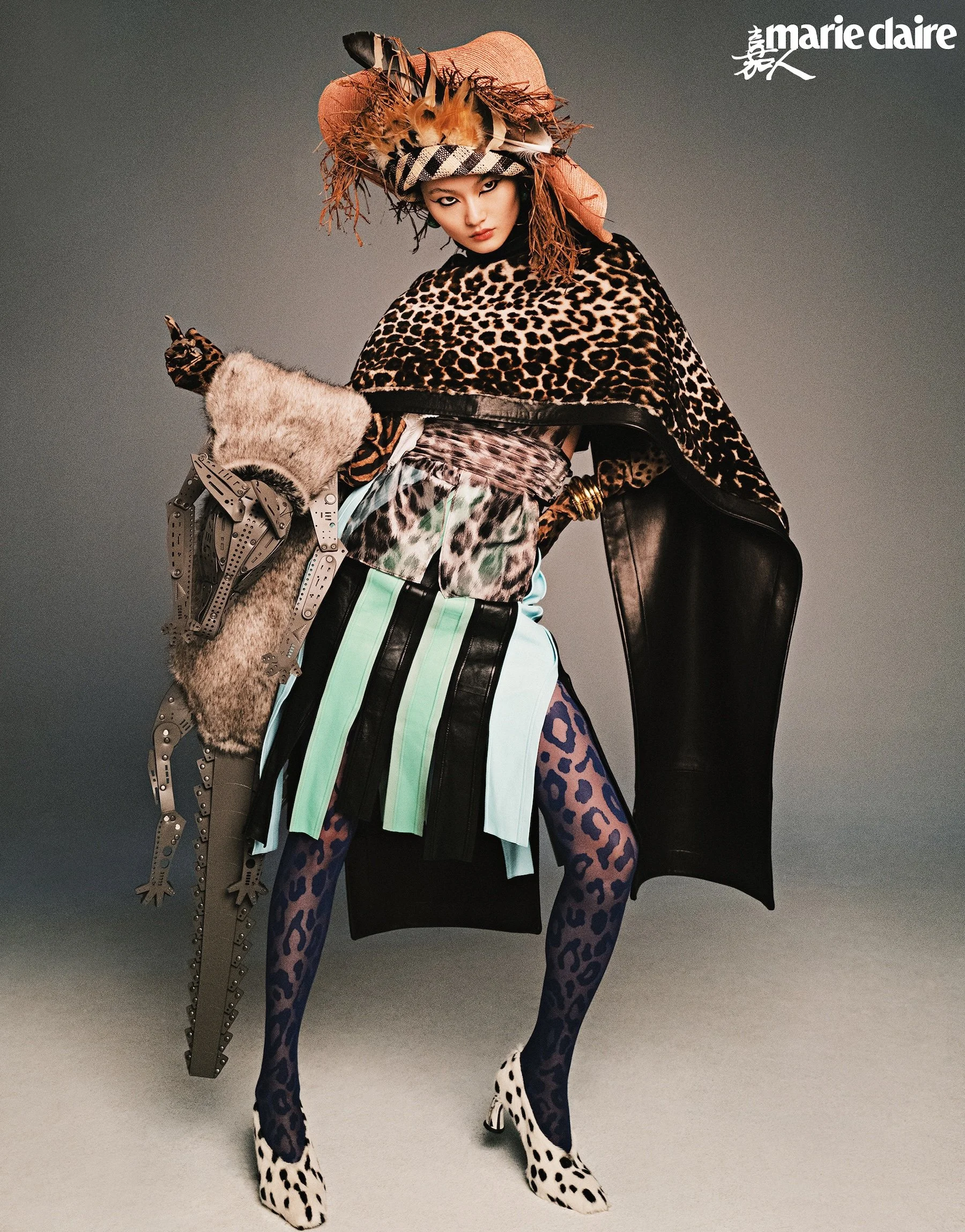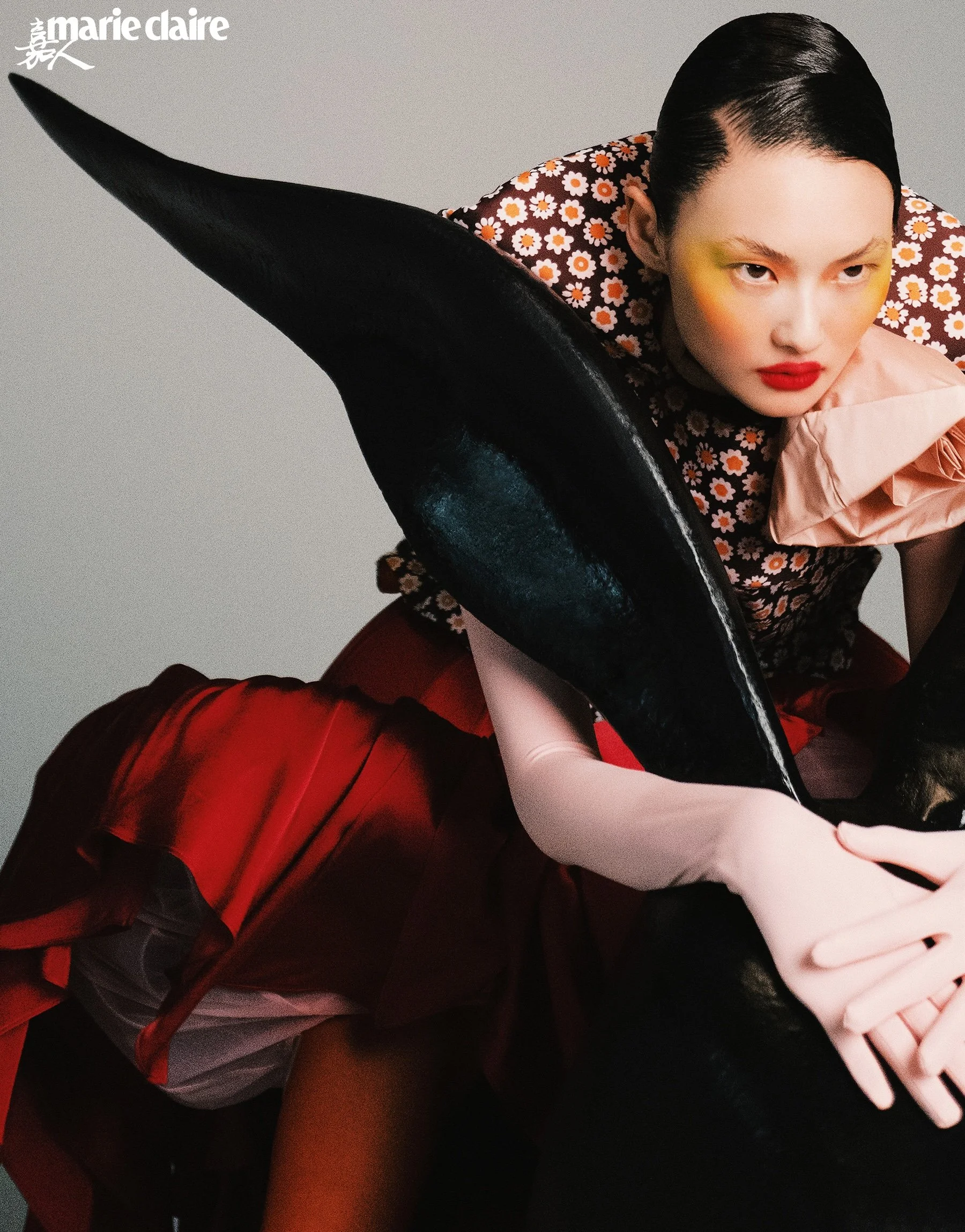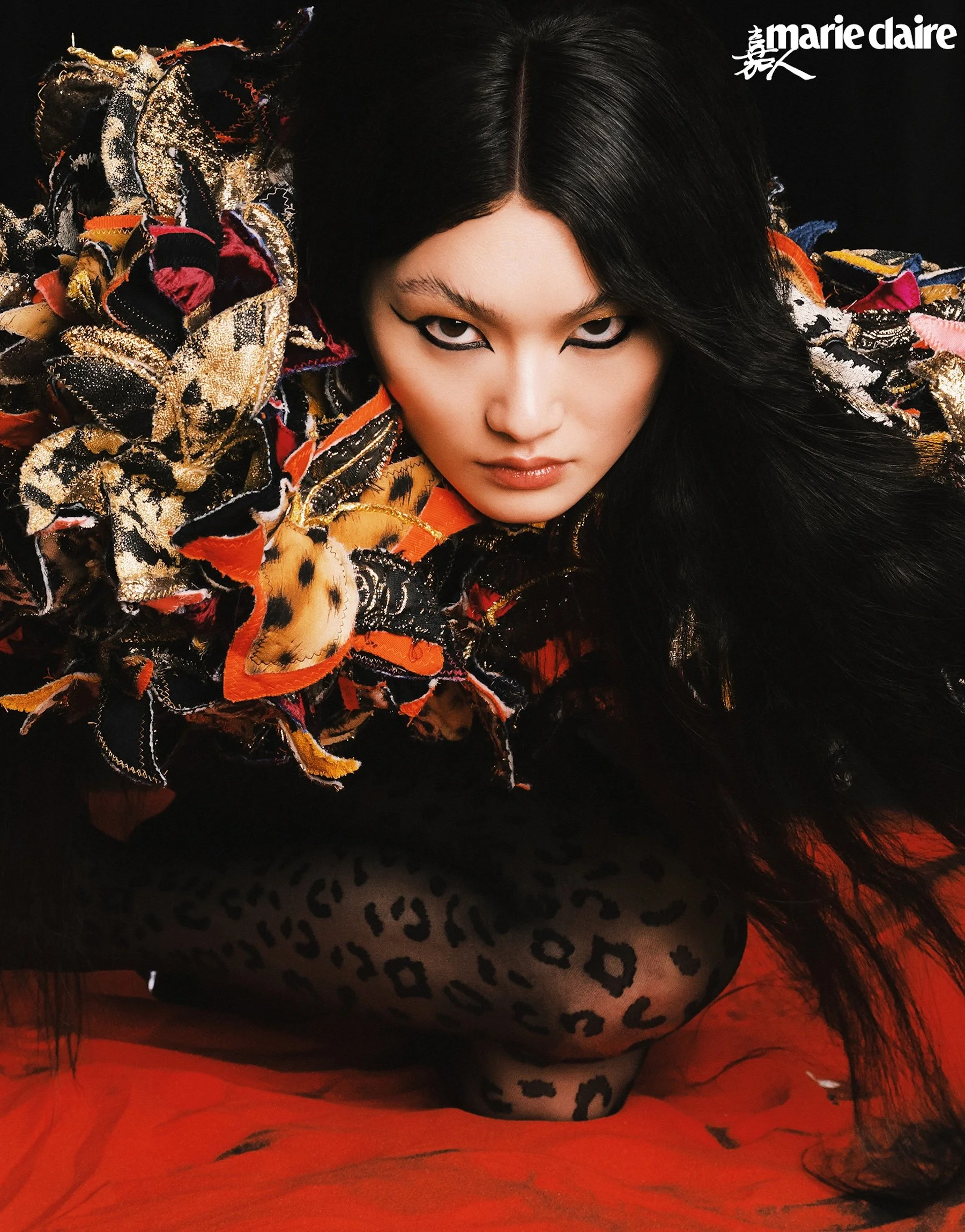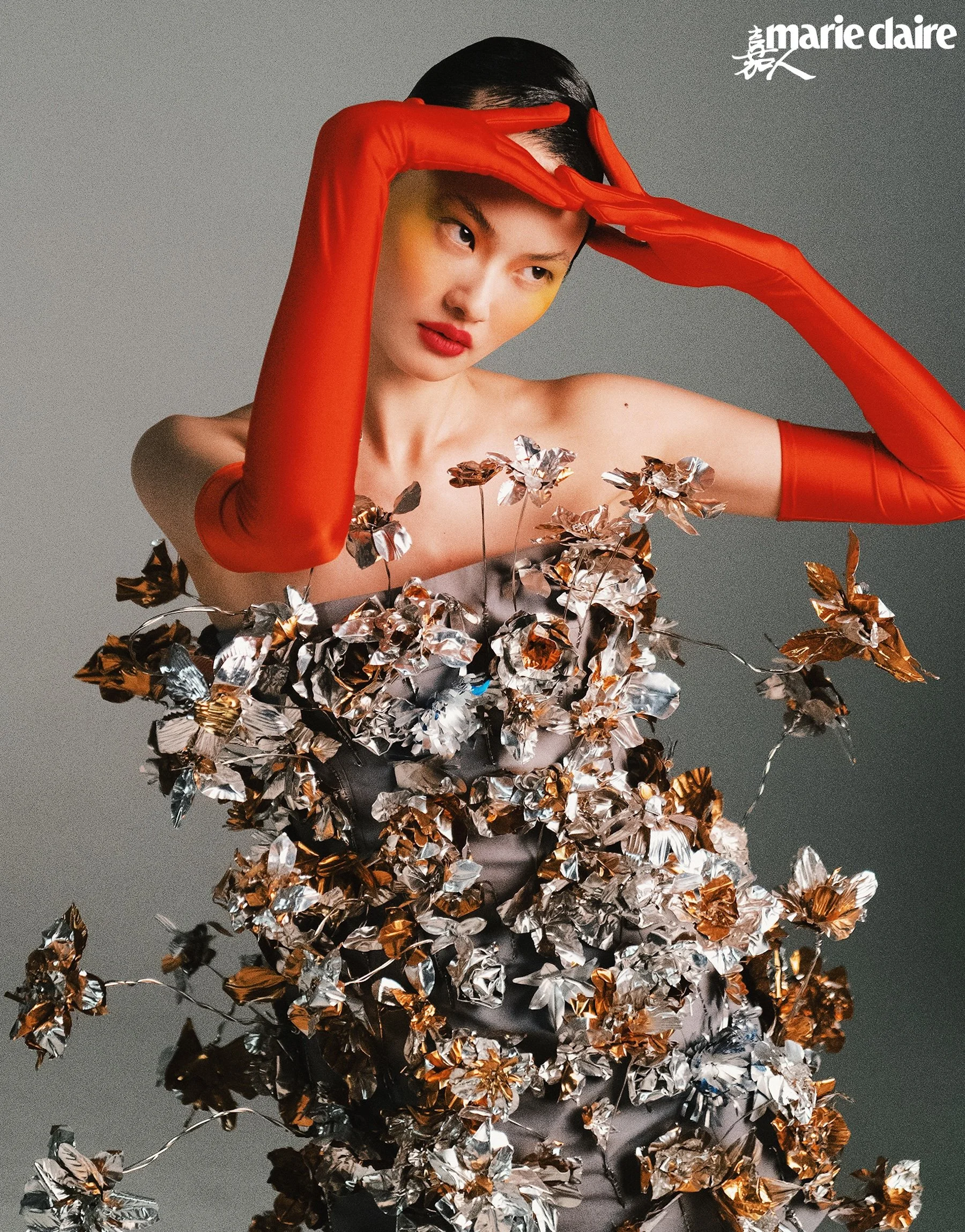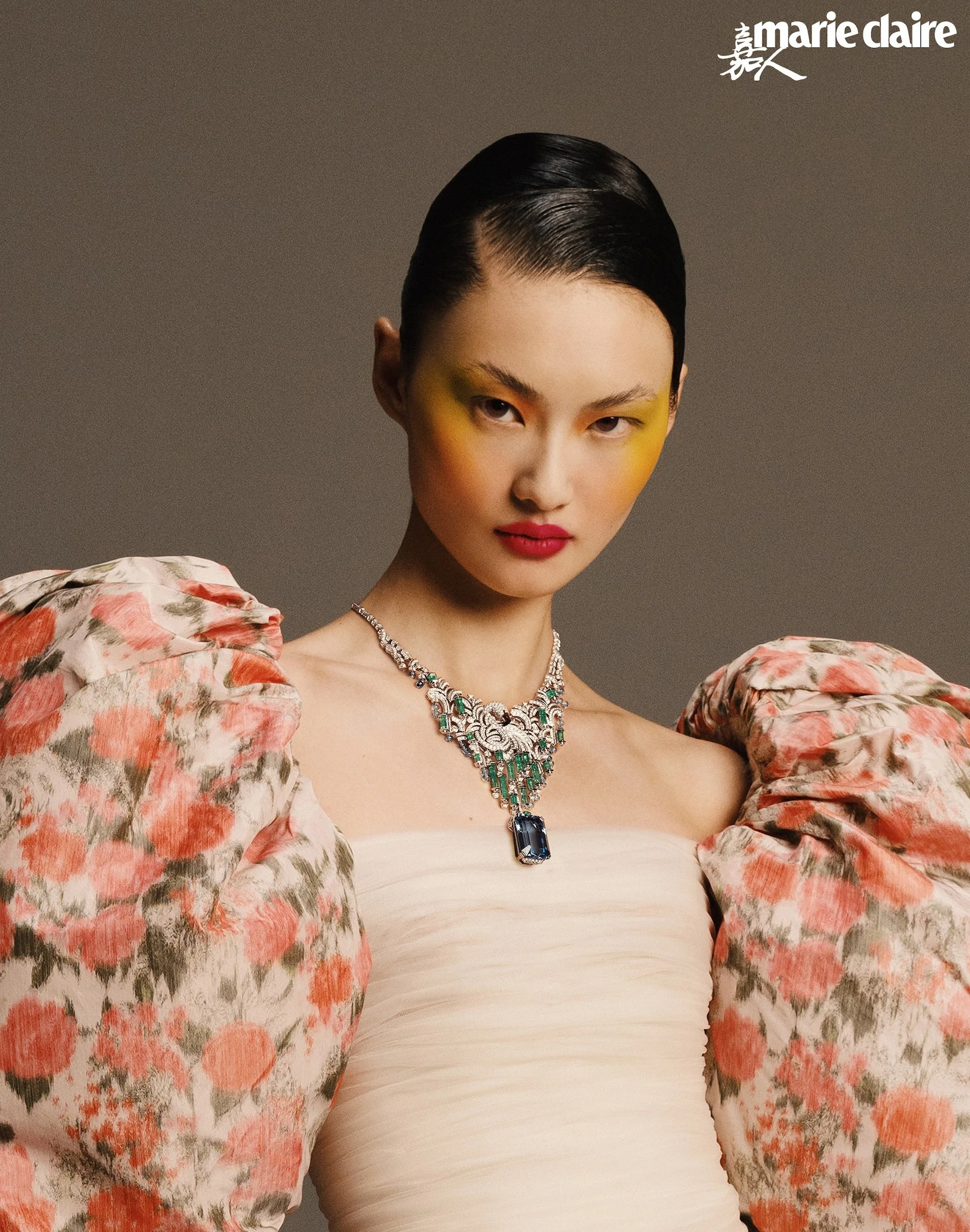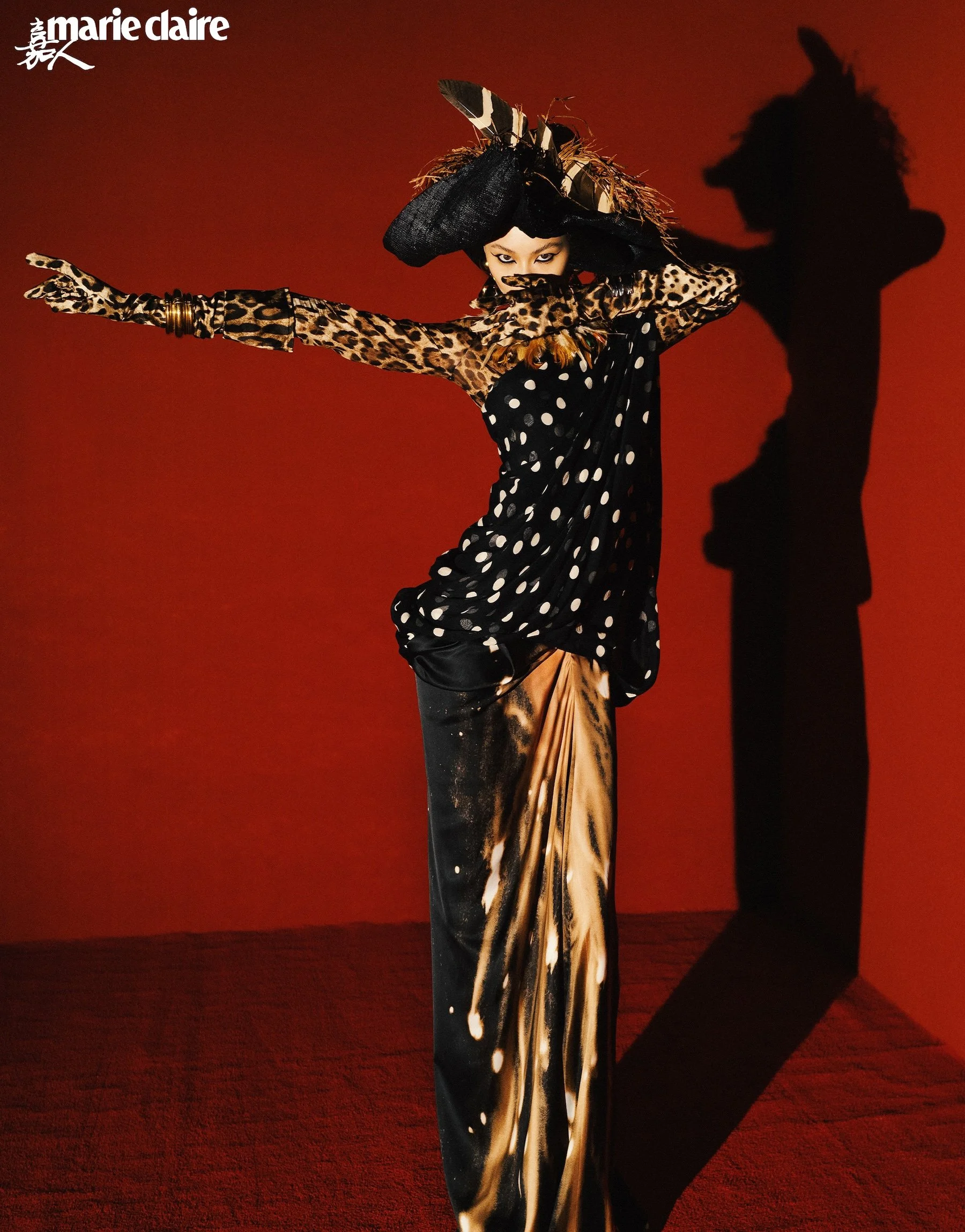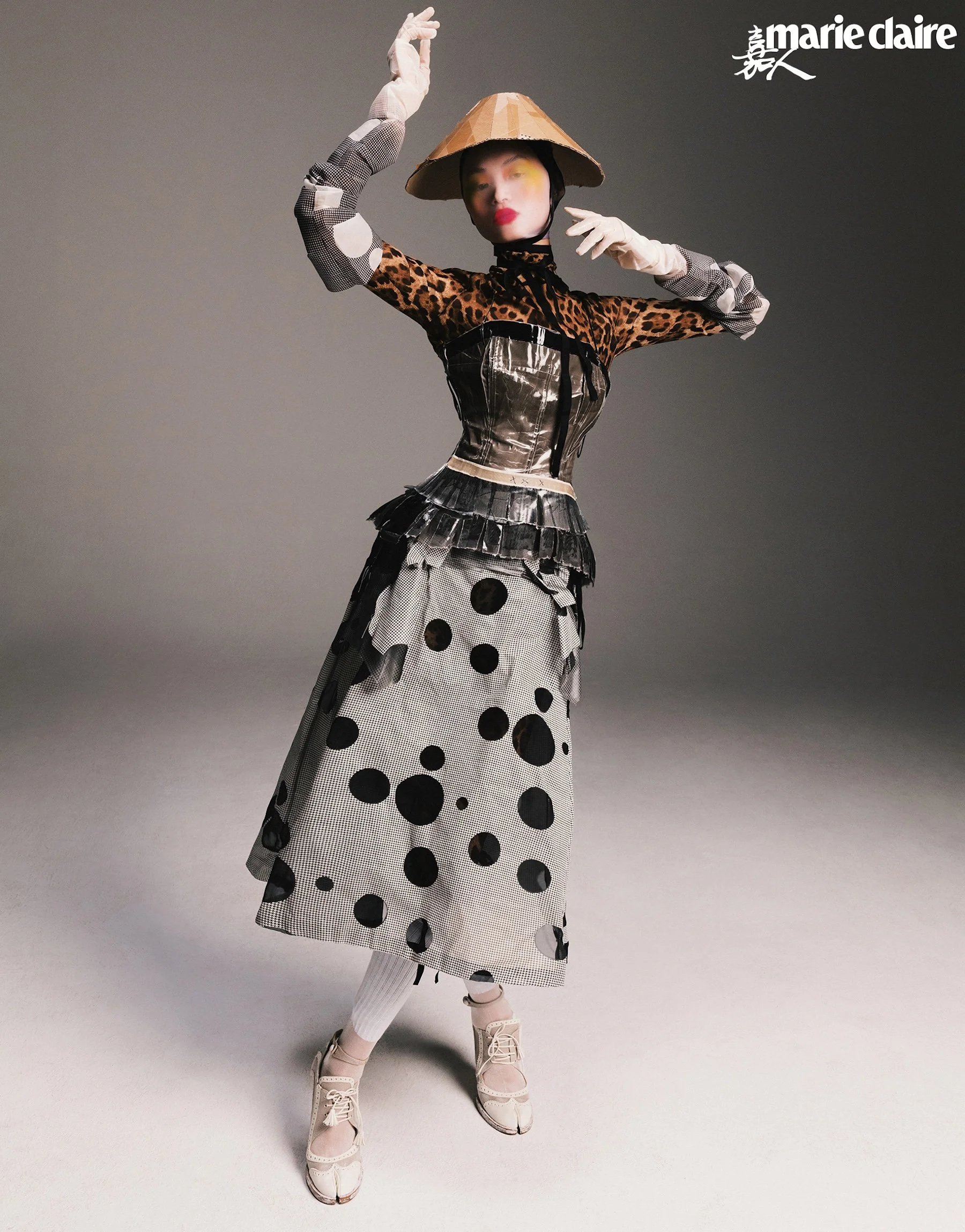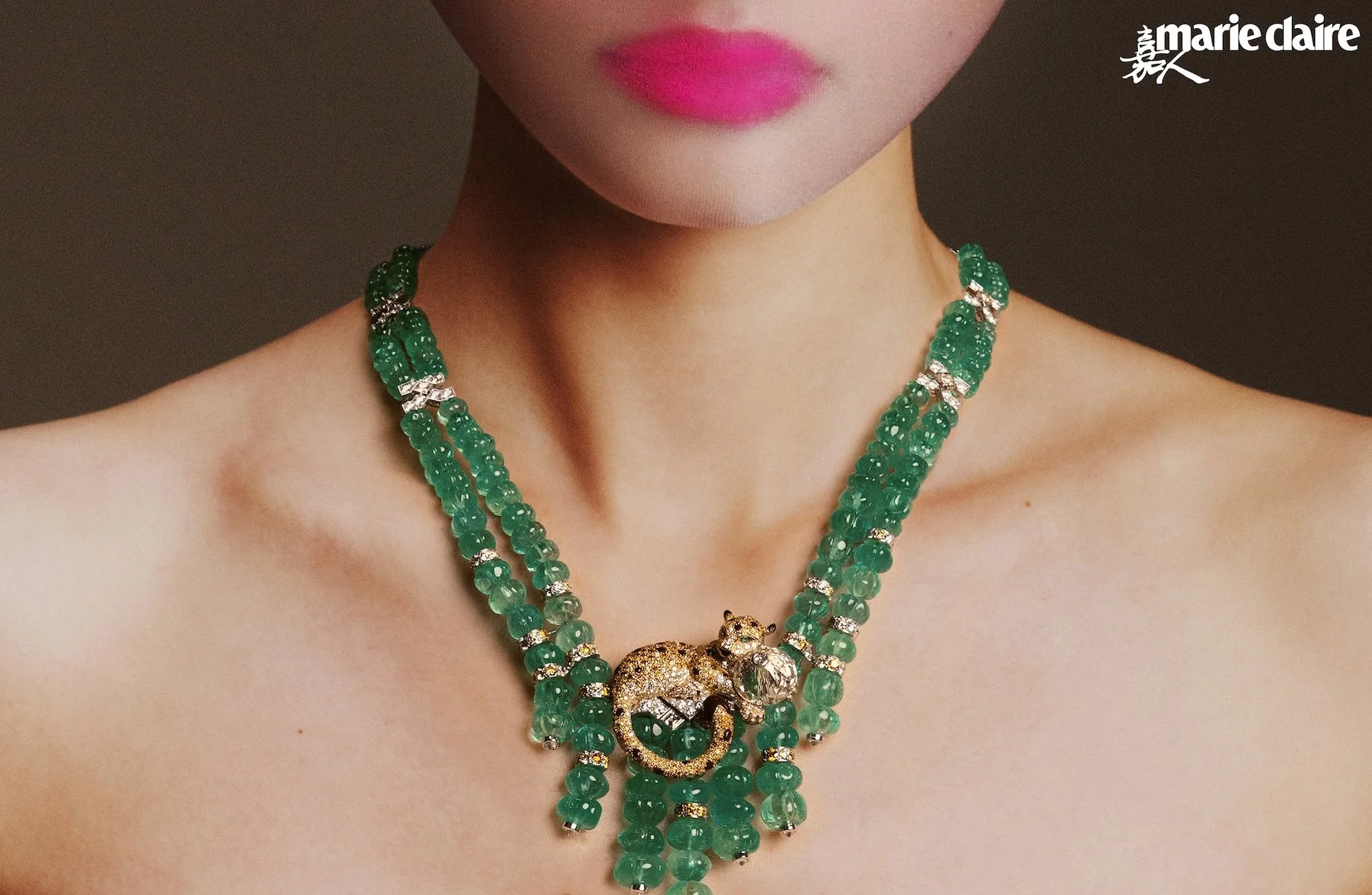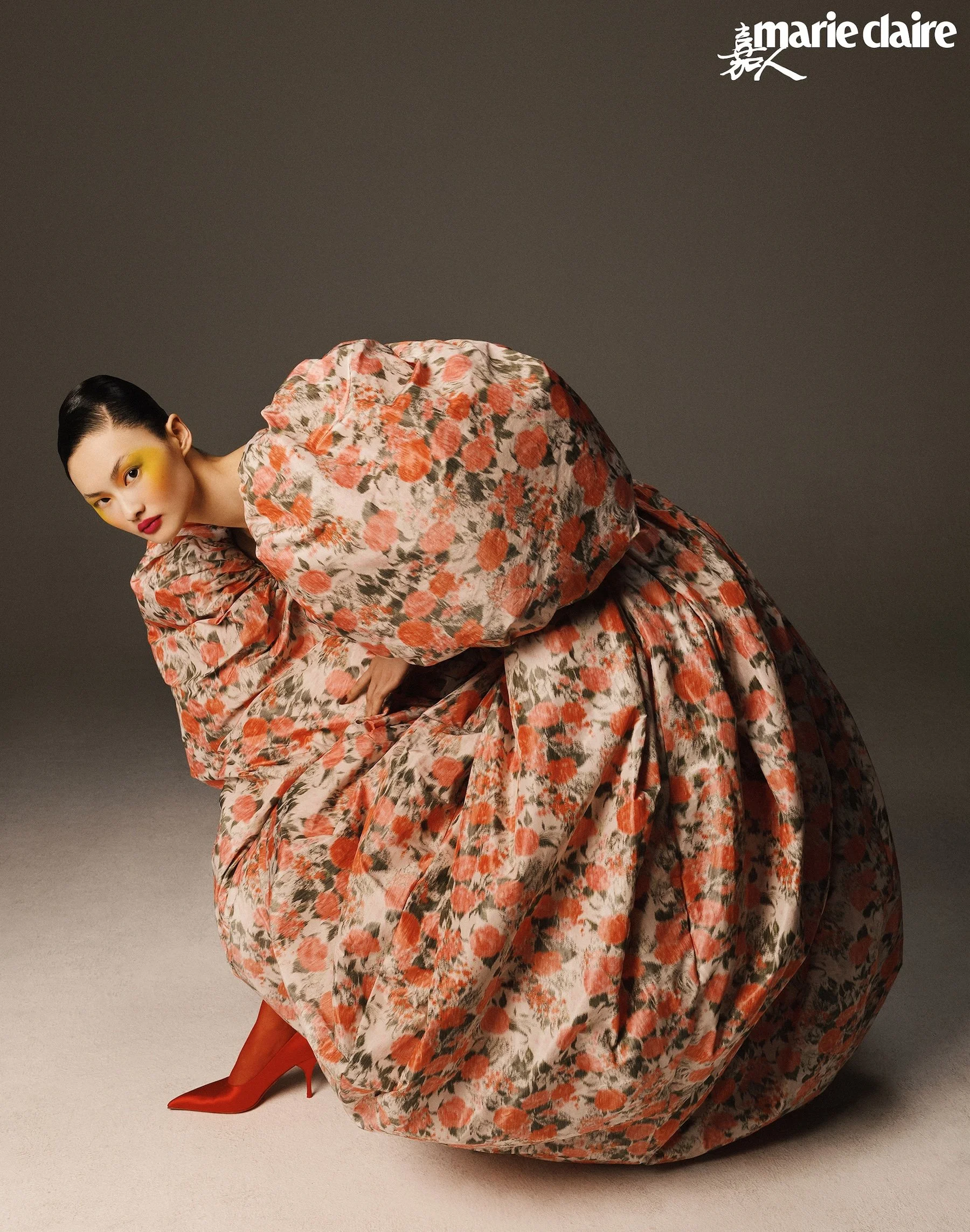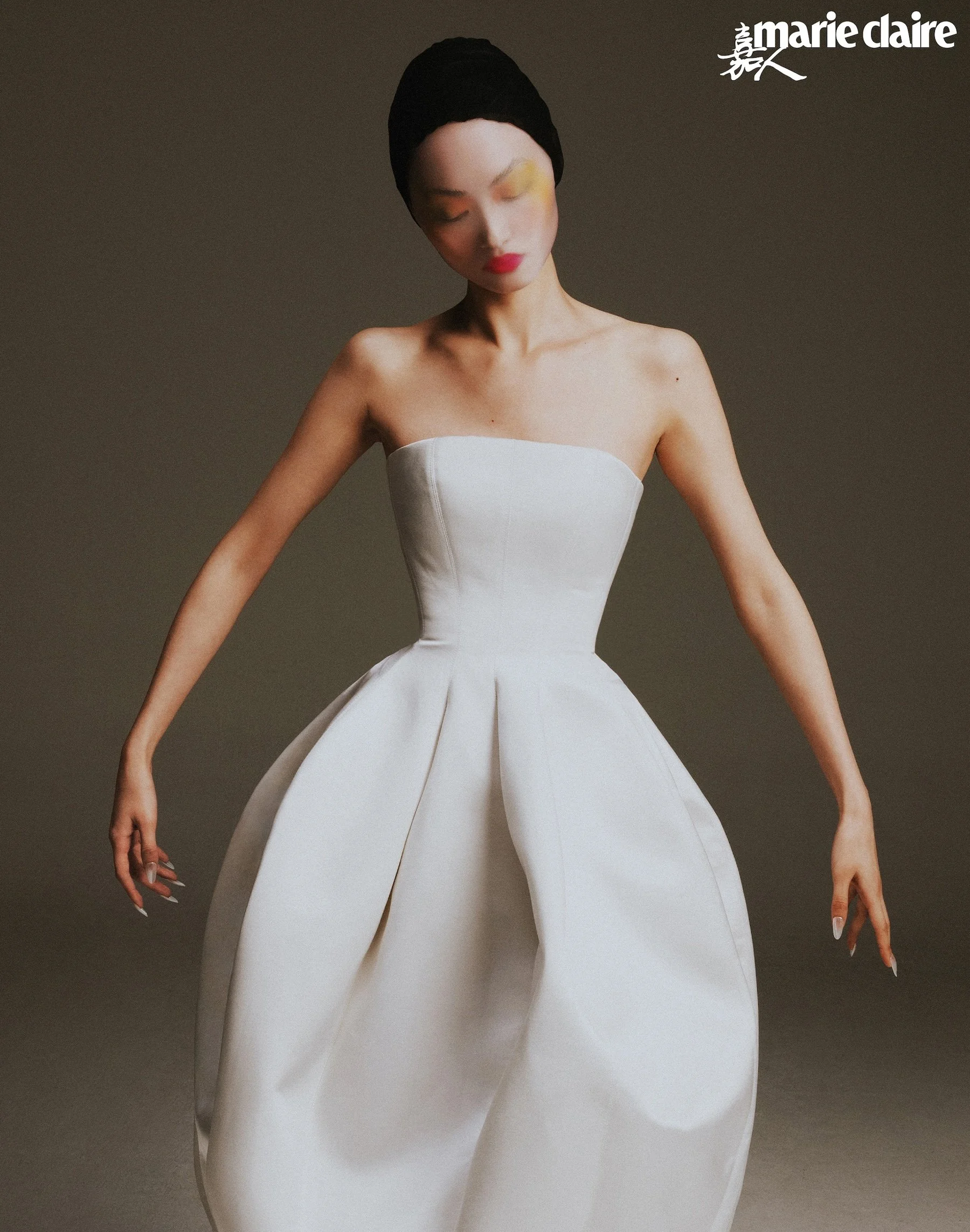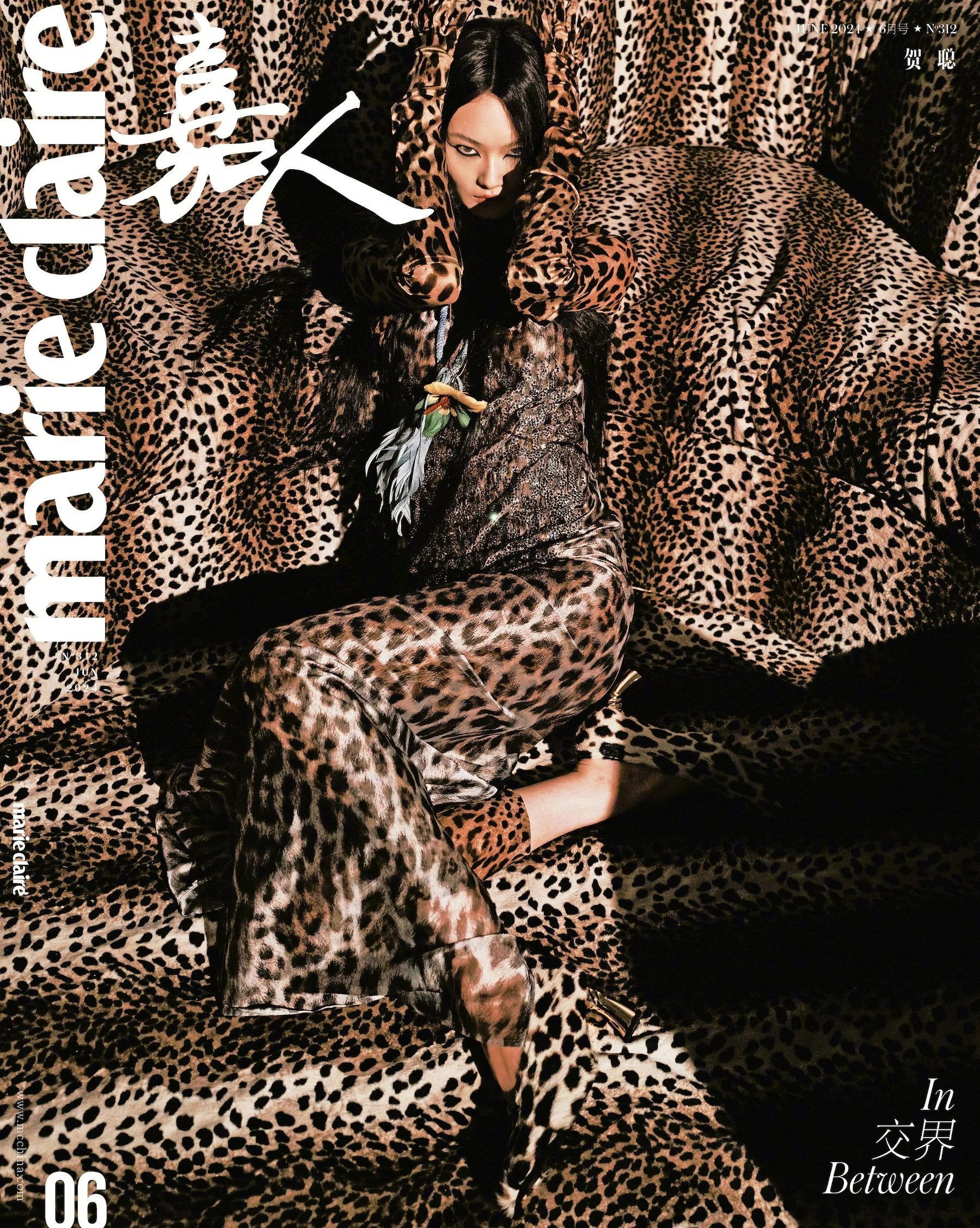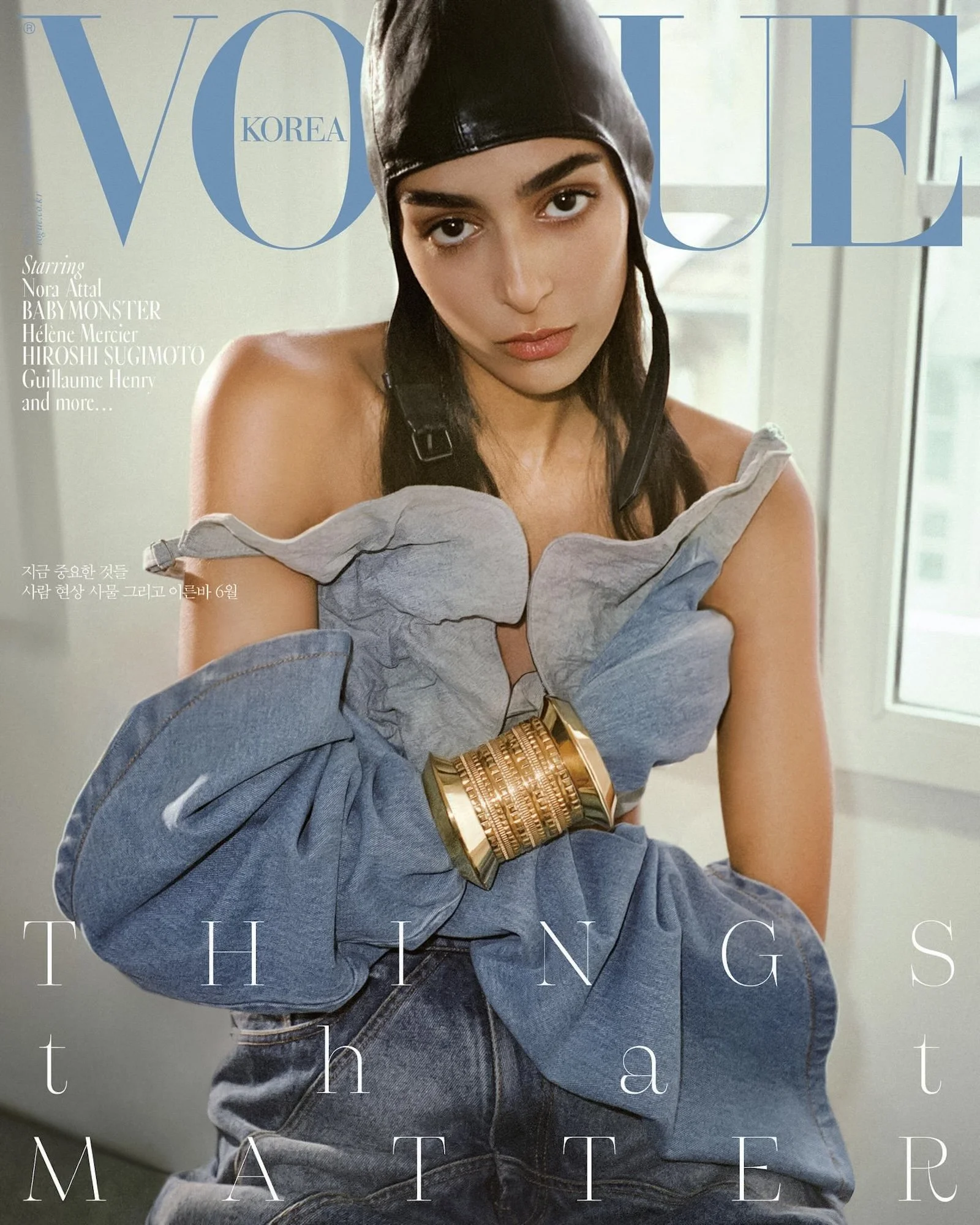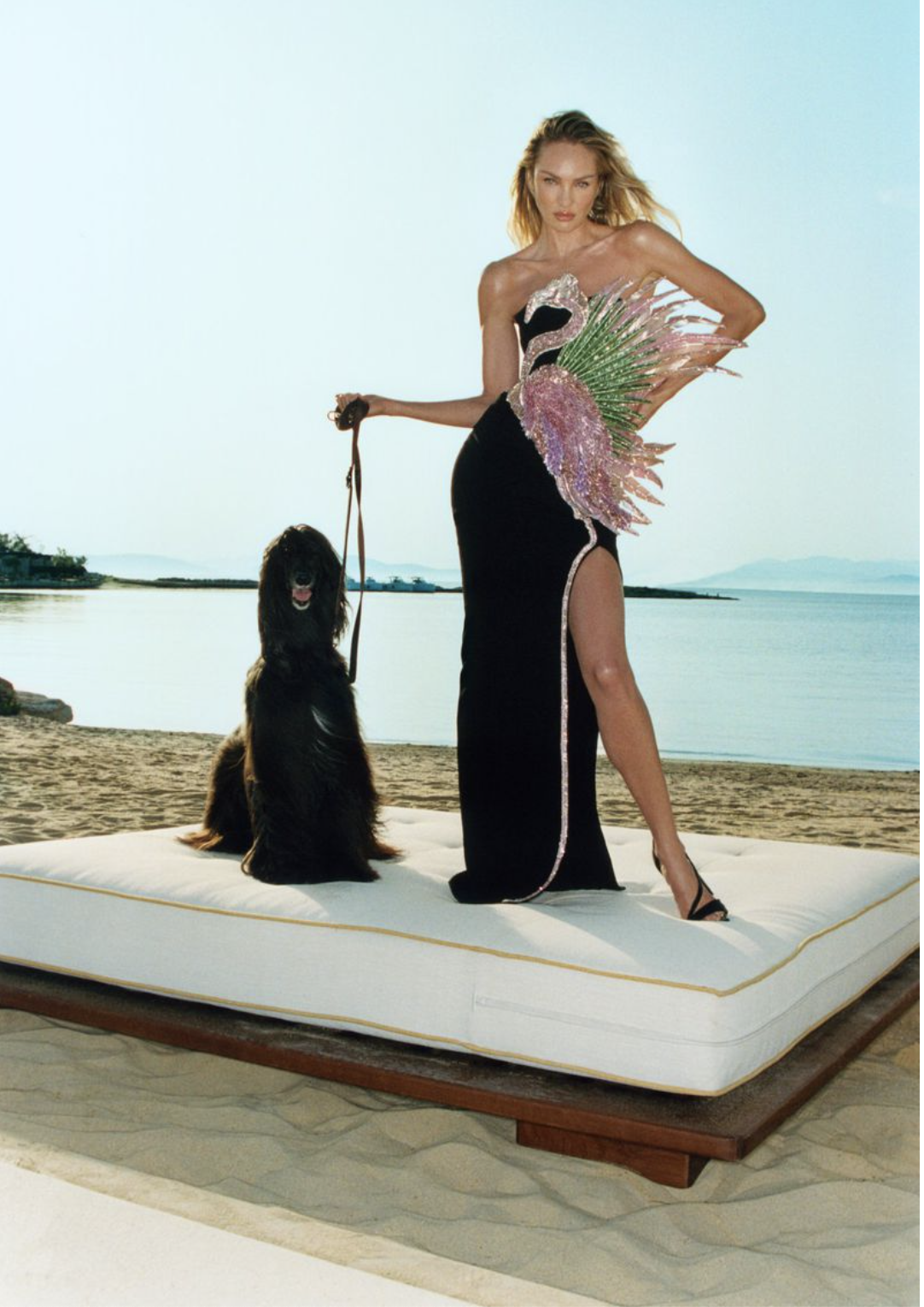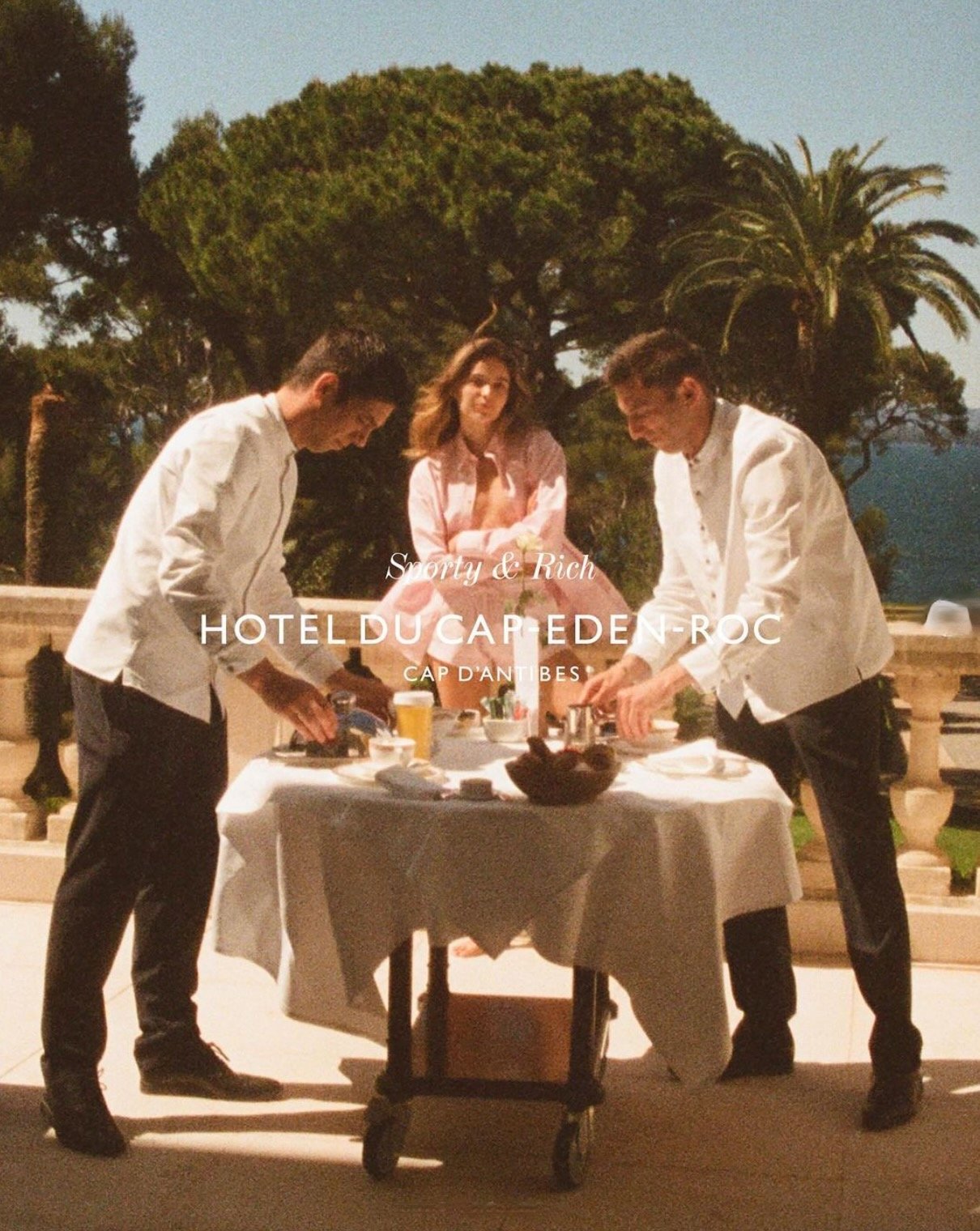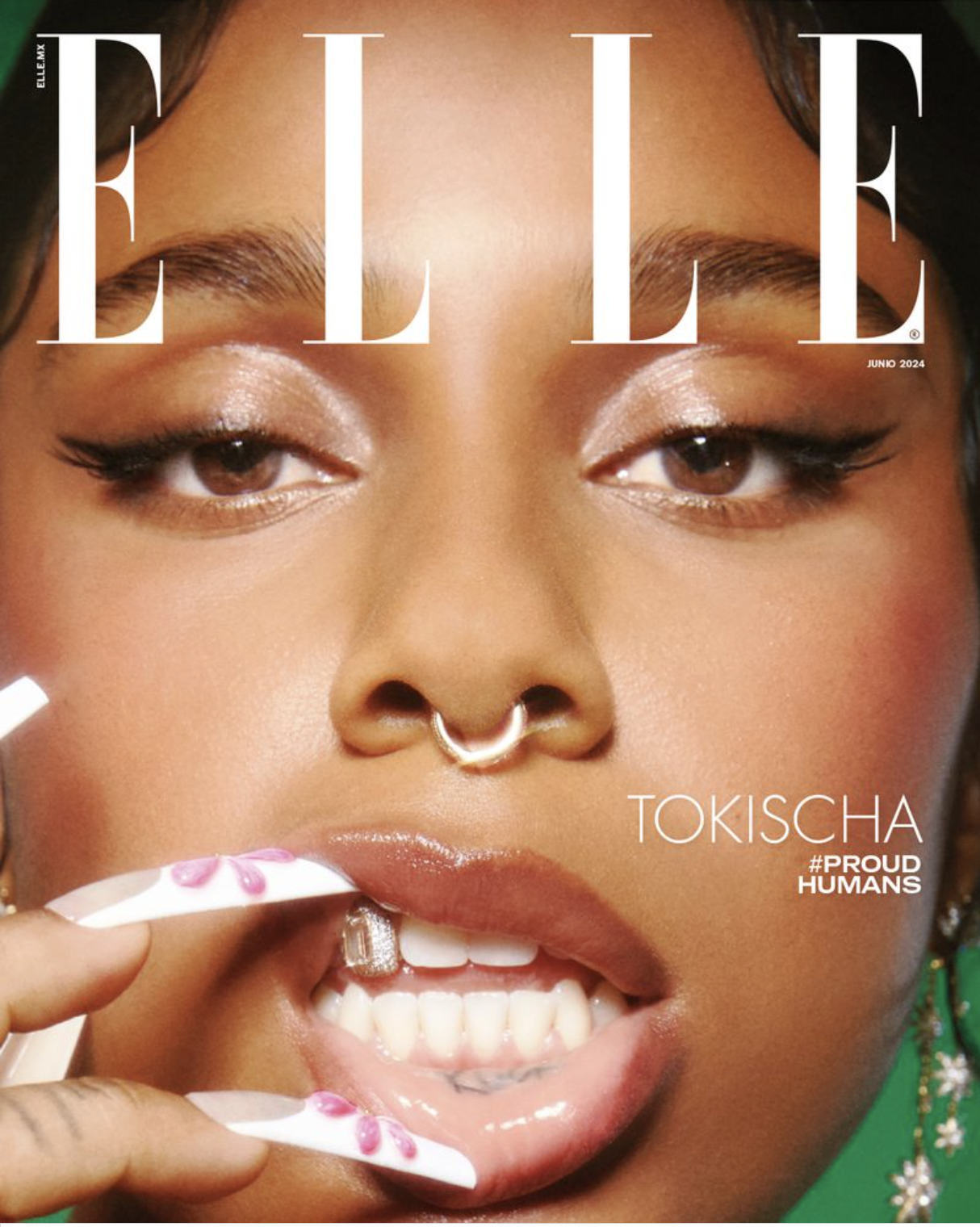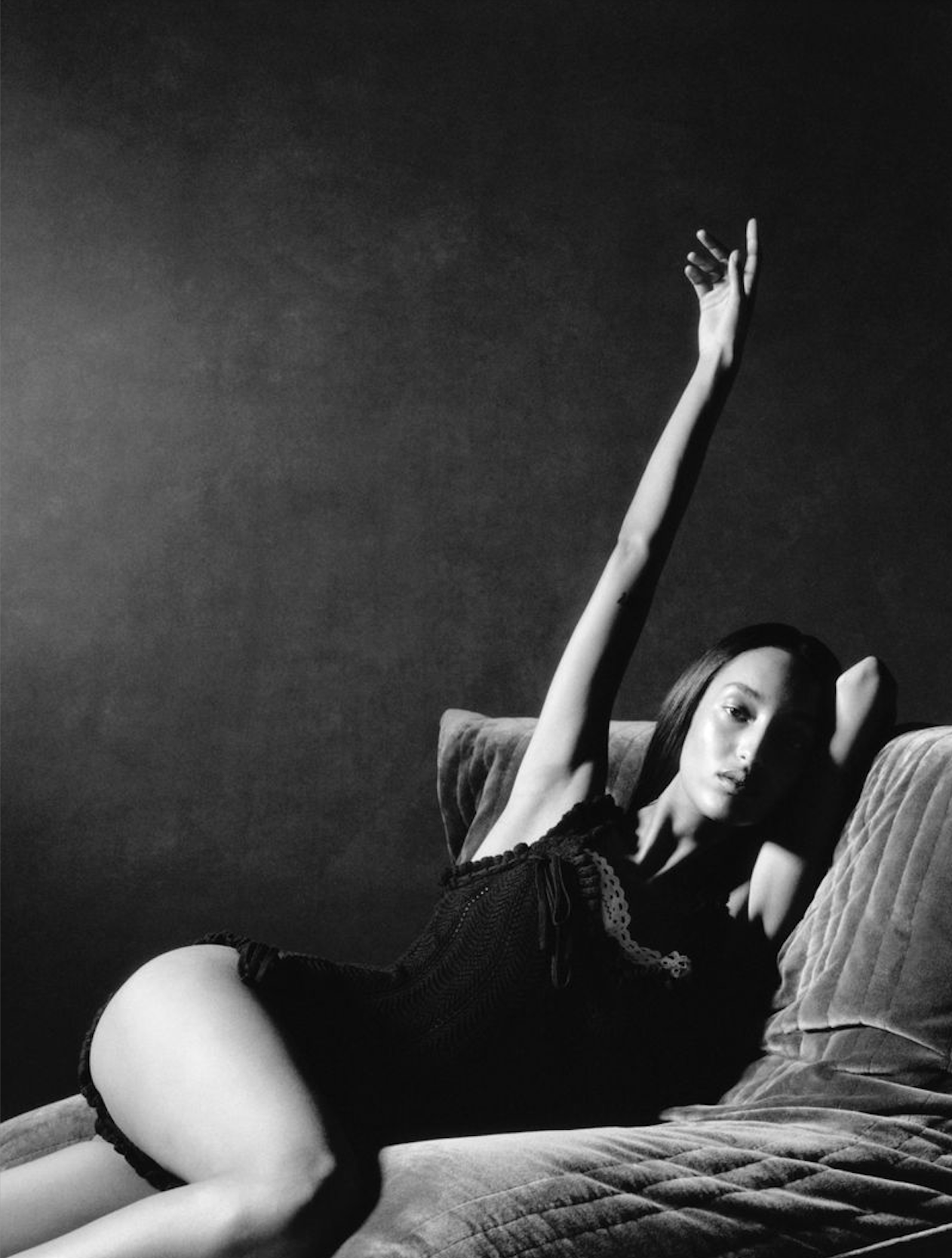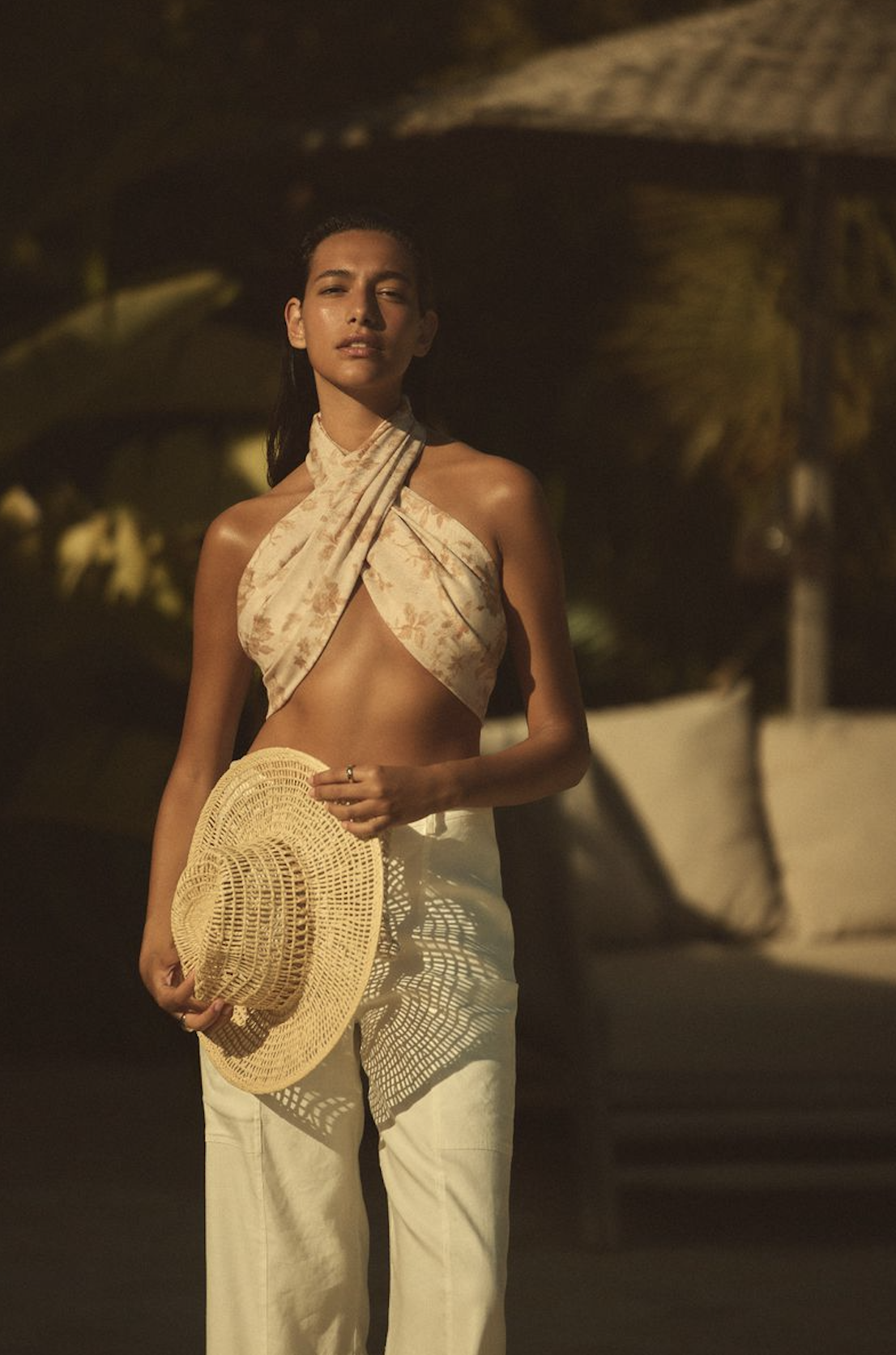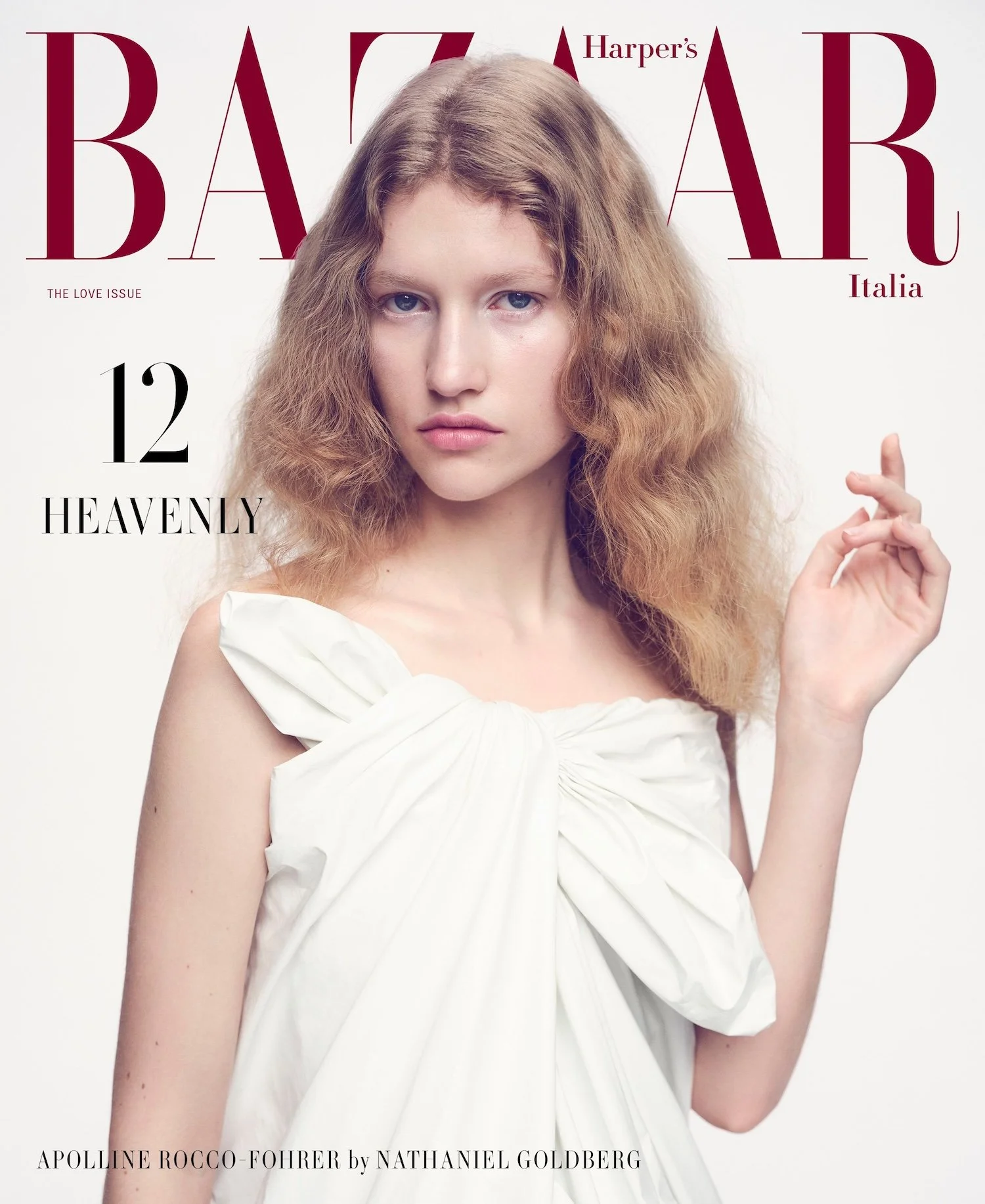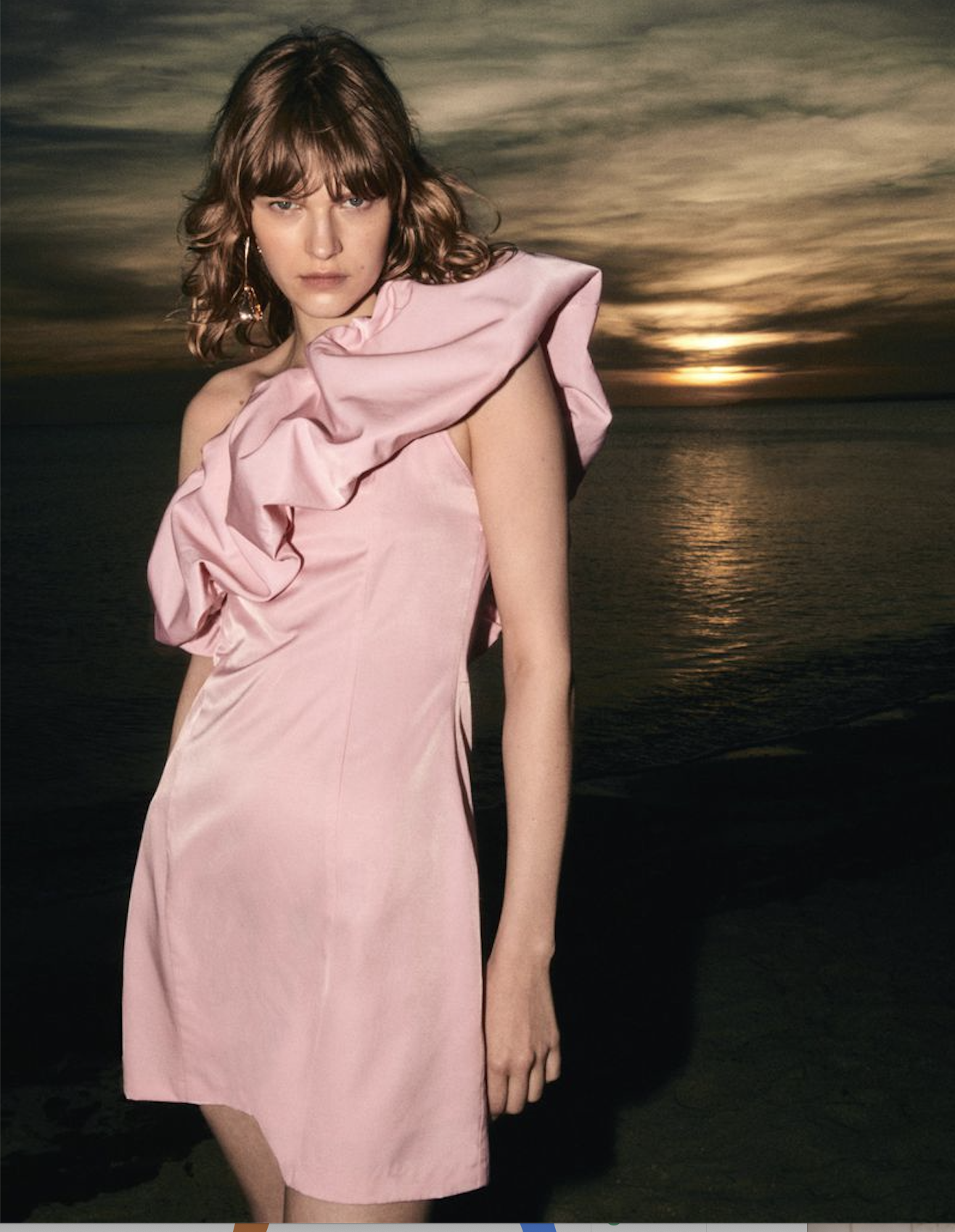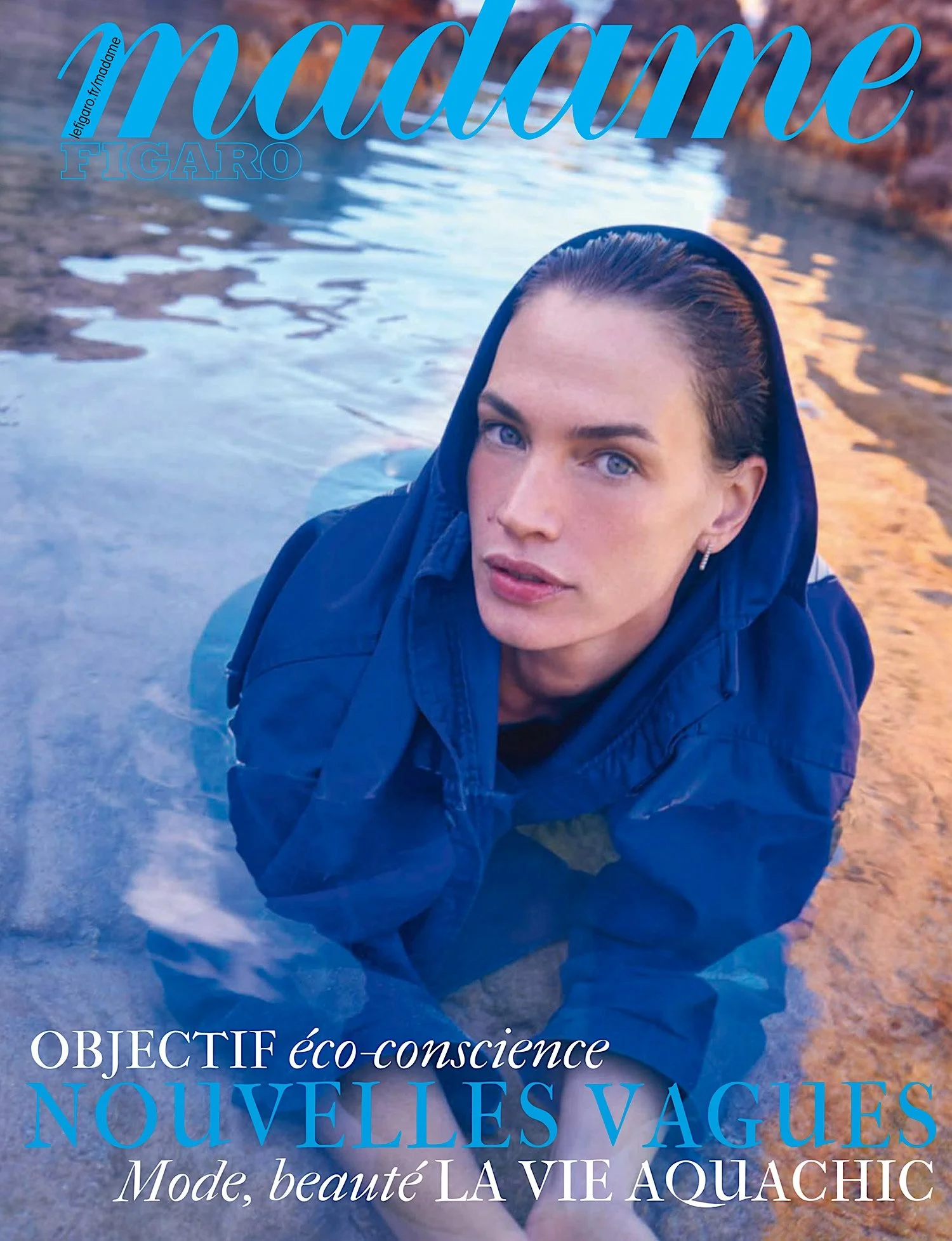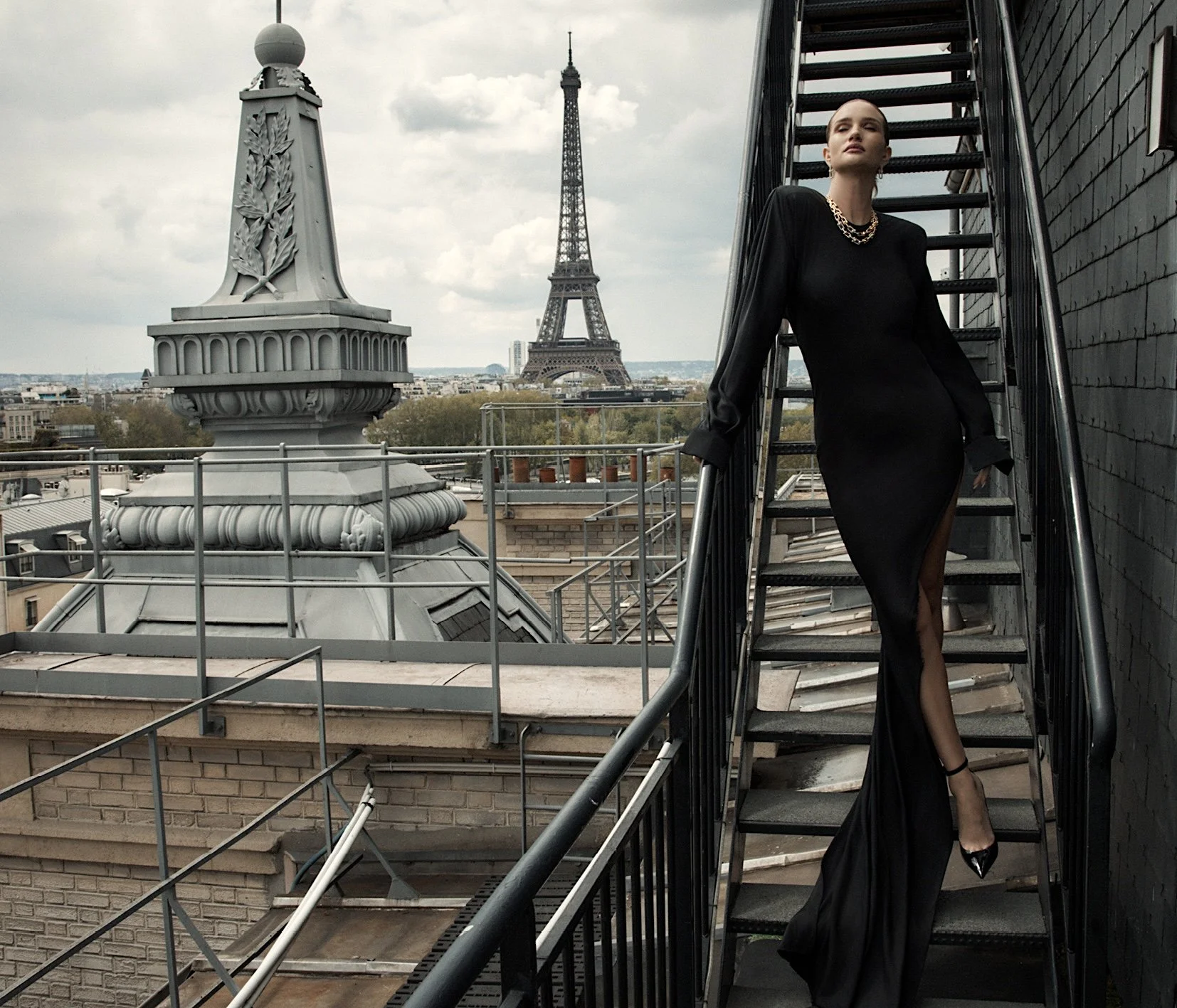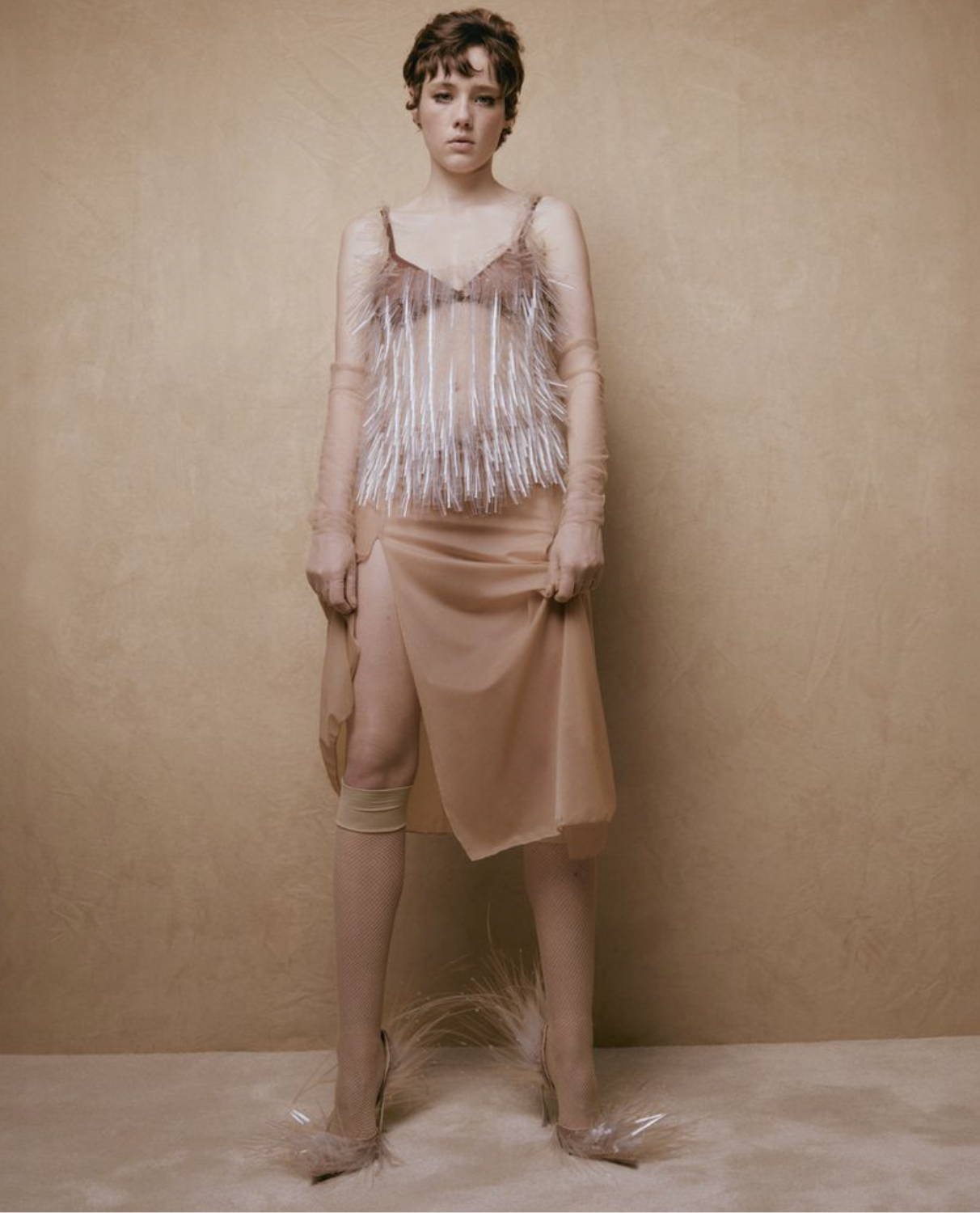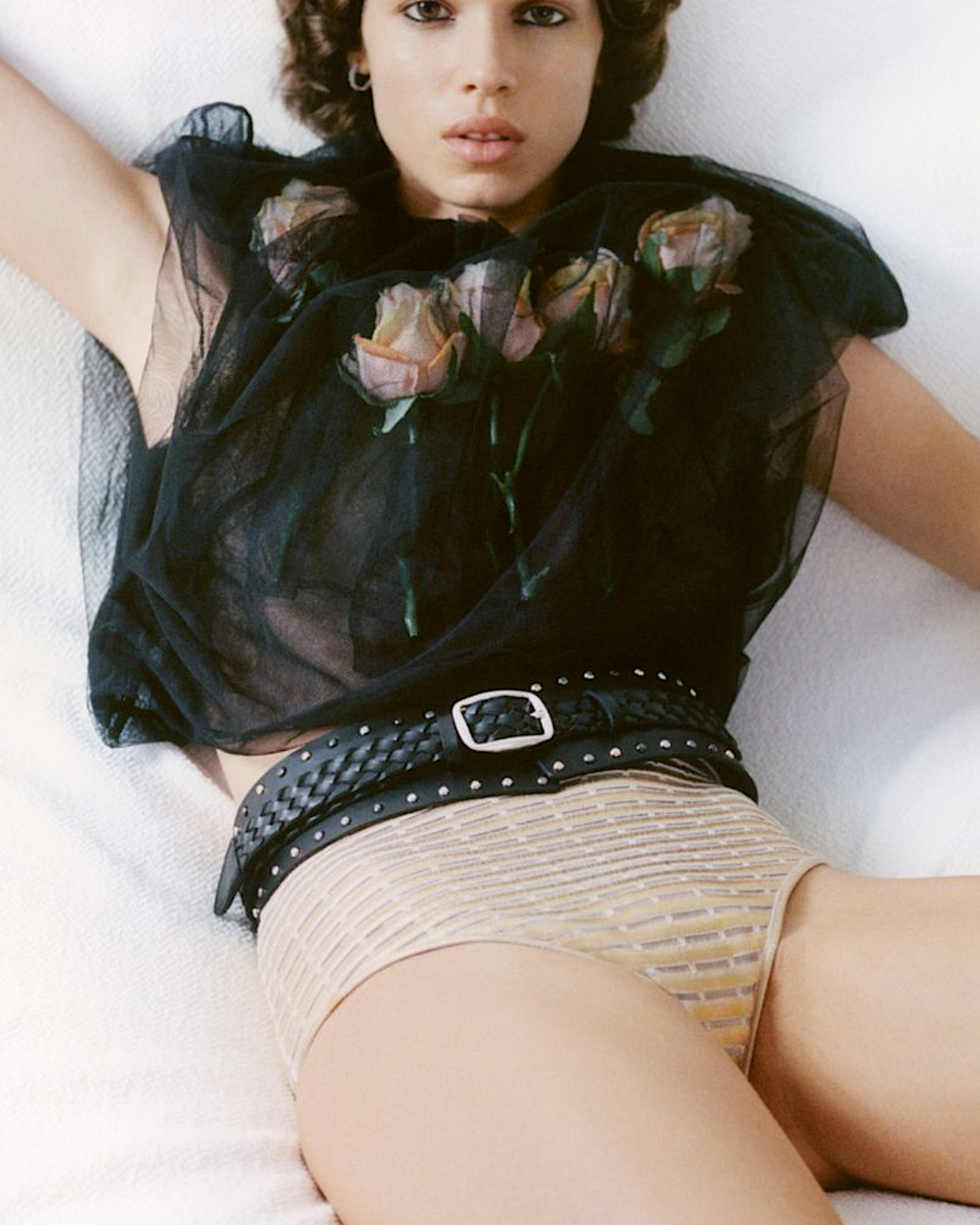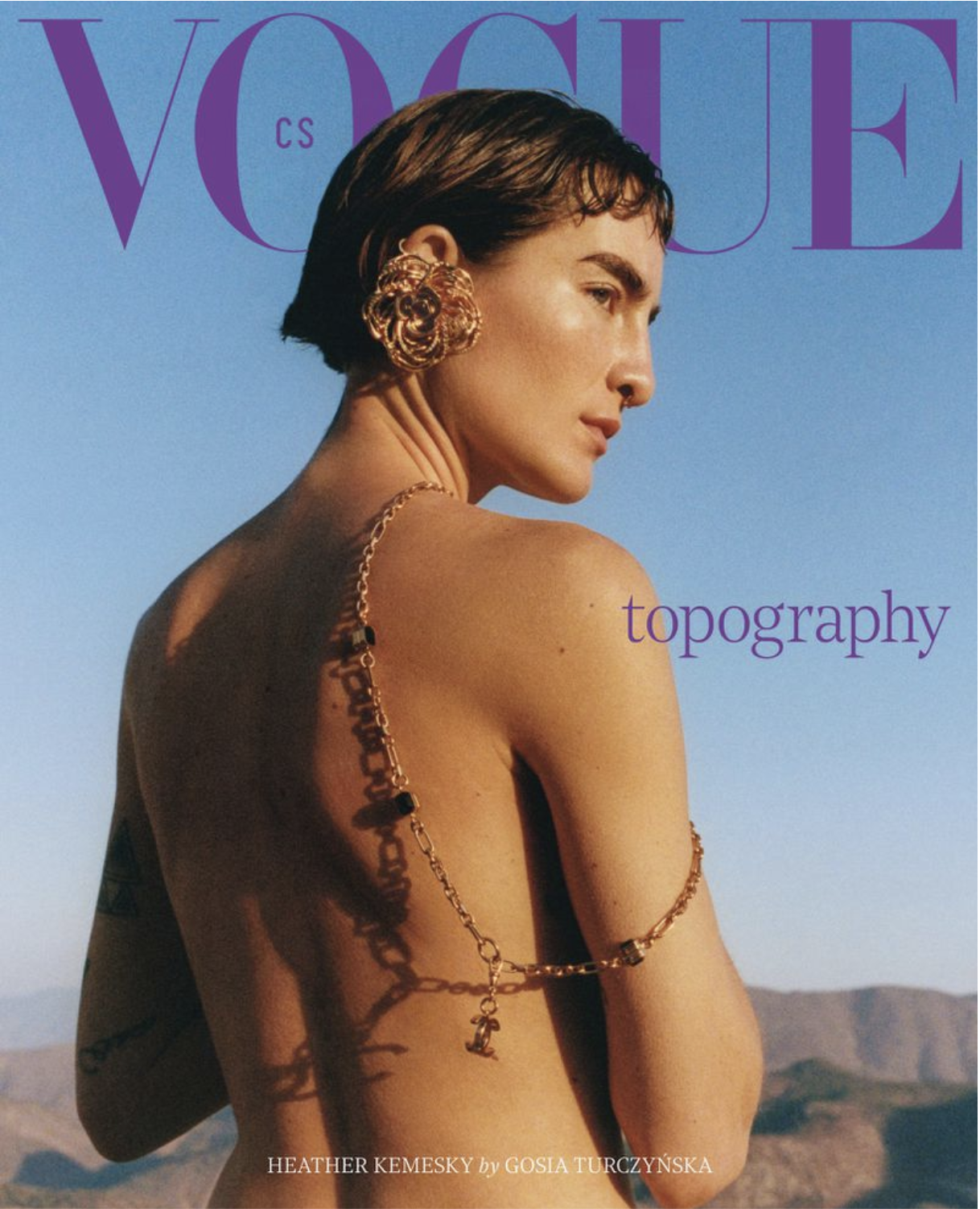Conspiculous Luxury Consumption in China Challenged by Growing Income Inequality
/The fashion story features key pieces from Cartier’s Nature Sauvage, the Maison's new High Jewelry collection. A limited number of key Cartier pieces are shown in the story, but the larger backdrop of animal prints and nature-inspired patterns and embellishment supports the theme in lavish images.
Anne of Carversville typically takes our commentary away from the obvious and into a more unique understanding of fashion context and subliminal messaging.
We’ve raised the topic of current intervention by the Chinese government in ways that potentially impact luxury brands marketing and financial performance in the growing and all-important Chinese market. Today we advance that analysis.
China’s Monitoring of Flaunting Money on Social Media
This month [May 2024], China’s new ‘Clear and Bright’ campaign swung into action on social media. The campaign vows to crack down on influencers who create "ostentatious personas to cater to vulgar needs, and deliberately display extravagant lifestyles filled with money".
‘Young Master Bo’, an influencer who filmed himself test-driving Rolls-Royces and splurging on rare Hermes Birkin bags was pulled off Douyin, the Chinese short-form video platform and social media app that launched in 2016. It's owned by ByteDance, the same company that owns TikTok, and typically has 400 million daily viewers.
‘Sister Abalone’, regularly seen dripping with diamond and pearl necklaces in her elaborately decorated mansion, disappeared from the YouTube-like, Bilibili site on Tuesday.
Content creator Wang Hongquan, with more than four million followers, and who made videos showing designer fashion, traveling first-class and his own jade jewellery collection, was shut down on Douyin on Tuesday.
Jing Daily weighed in this morning, writing that across Chinese social media platforms like Weibo, Tencent, Douyin, and Xiaohongshu all reflect suspended accounts this week.
China Tackles Its Growing Income Gap Culture
The drive to reduce ostentatious displays of wealth [or internet cleanup, as Jing Daily calls it] “is part of a larger effort by Chinese authorities to curate and control social cultures to tackle China’s widening income disparity and wealth inequality.”
No one is certain just how far the administration of President Xi Jinping will go in the crackdown. It’s not confined to internet influencers either.
The salaries of high-income senior management business leaders in China were reduced by 10-20% in 2023, with savings redirected to enhance benefits for delivery drivers and other employees.
The response from the general public has been largely positive to the crackdown on wealth-displaying influencers. Concerns are rising among high-income luxury consumers in China and also global luxury brands marketing to this relatively-new target audience.
Questions regarding how far authorities will go to control even non-political individual online expression confront luxury business assumptions around revenue growth in China.
Hérmes Birkin Bags: Quiet Luxury or Conspiculous Consumption
When I first read about President Xi Jinping’s new drive to curtail conspicuous consumption in China, my initial response was a mental picture of Cardi B’s wall of Hérmes bags that regularly appears in US online media, including People magazine.
Already having at least 26, Cardi B received THREE more for her October 2023 birthday and opened them all on Instagram.
Kanye West routinely gifted Birkin bags in his romantic flings with women like Julia Fox. With his business collapsing around him, West [aka Ye] dropped $250,000 on a Chévre Birkin in his short romance with Chaney Jones.
My next thought about China’s crackdown on conspiculous consumption was Citibank’s Thomas Chauvet’s April 12, 2024 note about Hérmes taking out Louis Vuitton for the top luxury brand spot by 2027.
Chauvet is the Managing Director heading up Citi’s European Luxury Goods Equity Research team in London; and his headline-grabbing speculation involved an absurd set of assumptions, as AOC wrote. Technically Chauvet’s claim is possible, as I noted after doing my own math about what it would take on the part of Louis Vuitton to create this fall from the top perch.
At a highest level of its government, China fears that Western values are dominating Chinese minds — and Chinese President Xi Jinping is not having it. I believe that Gucci became caught up in this silent, swinging door, which also targets effeminate men since 2021.
Just as Citibank’s Thomas Chauvet was quick to claim headlines about the strength of Hérmes with his Louis Vuitton demise declaration, one hopes he considers recent events and how they might impact the luxury market and his star performer brand.
Hérmes could become an example in China, if the government metaphorically — or worse — turns on the brand as a symbol of disdain towards ordinary people.
Note that AOC has zero criticism of Hérmes, one of the world’s greatest luxury brands, and also one with high growth potential. I love Hérmes.
However, unlike Mr. Chauvet, I’ve seen for years its status symbol of increasingly conspiculous consumption as a vulnerability. In the hands of people who treat a Birkin like arm candy to dangle as out-of-reach financially — but accessible vicariously to adoring social media followers — it could absolutely become a symbol of decadence in China.
So far, my concern has been unfounded. Today, I’m not so sure. To be continued. ~ Anne
